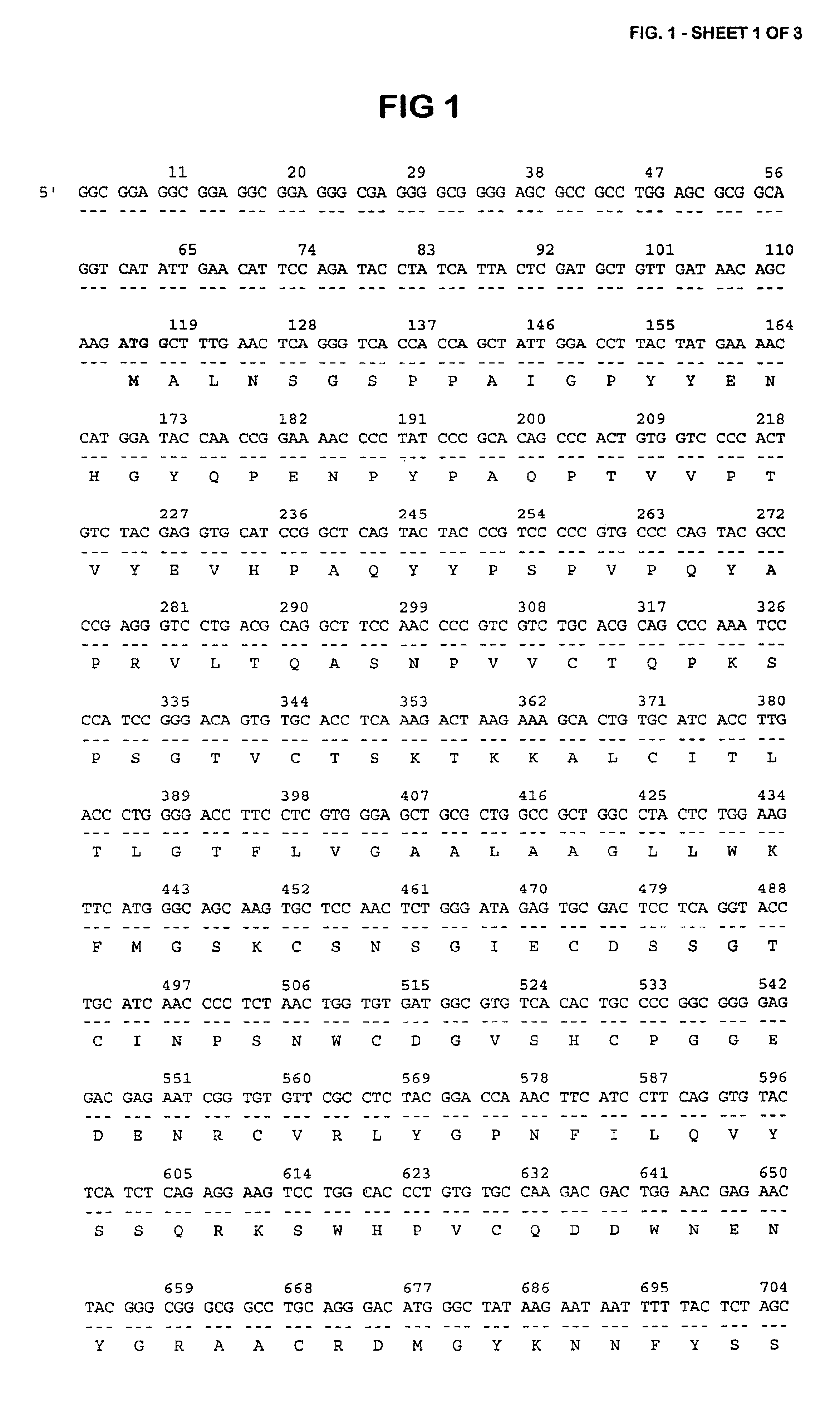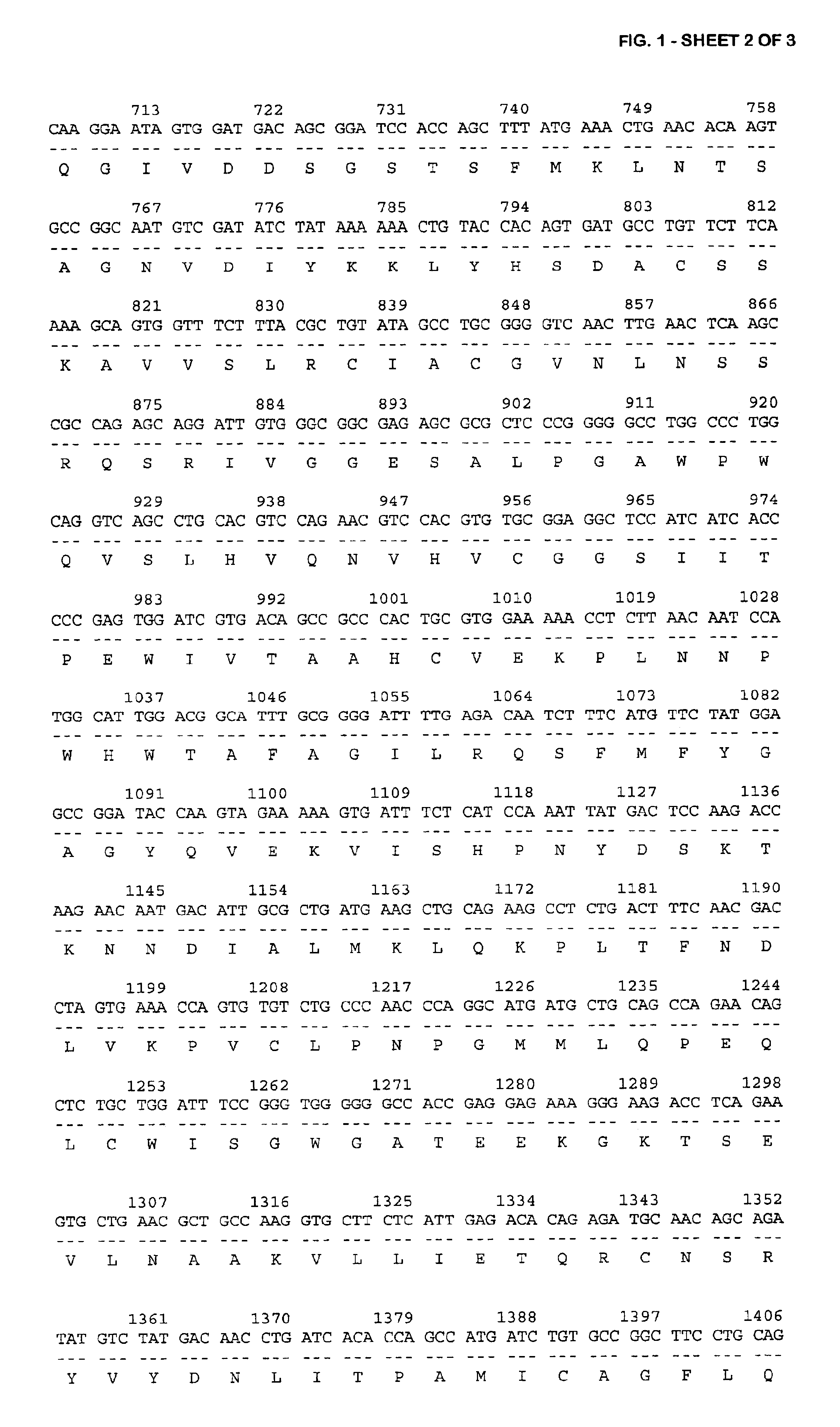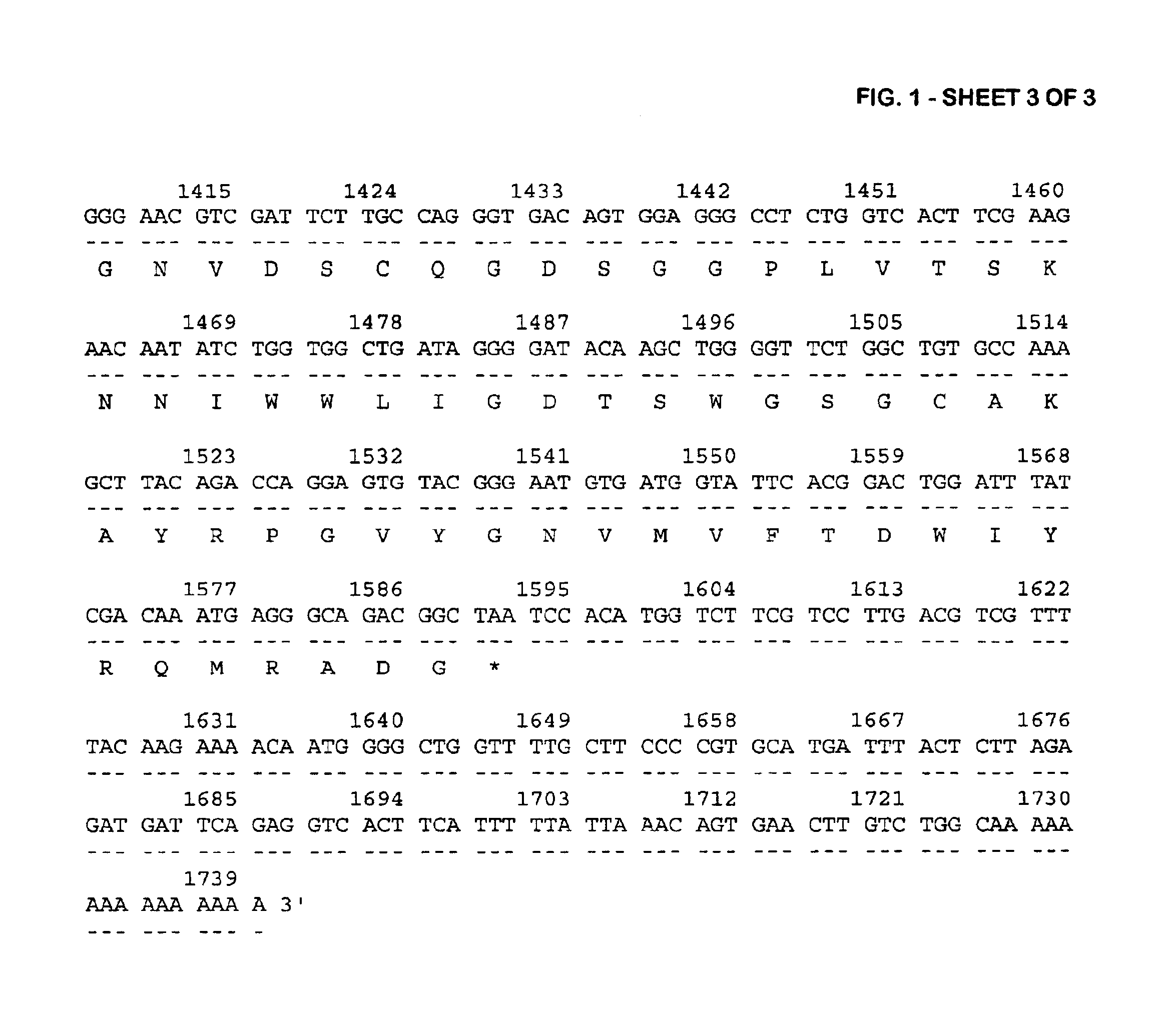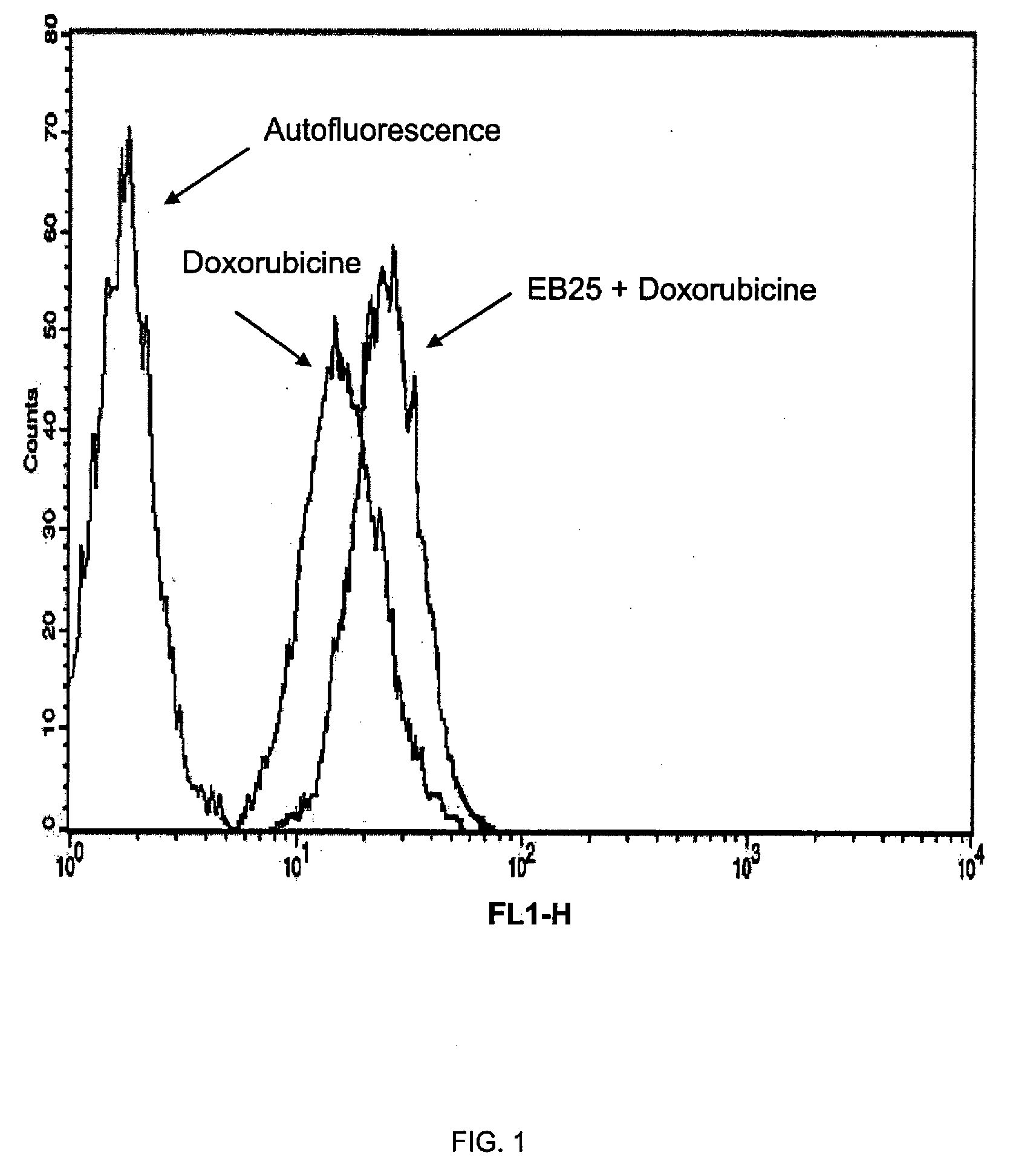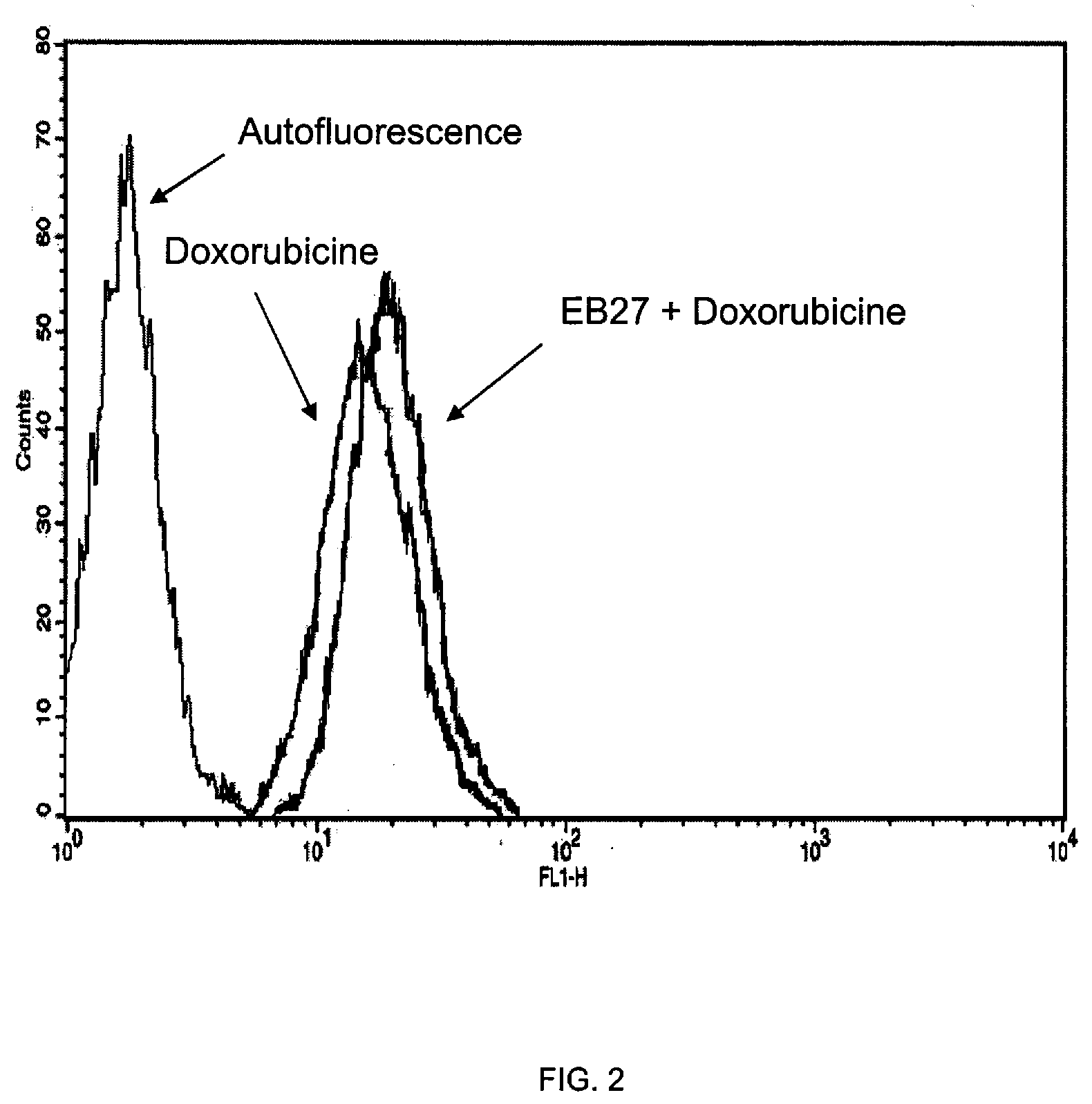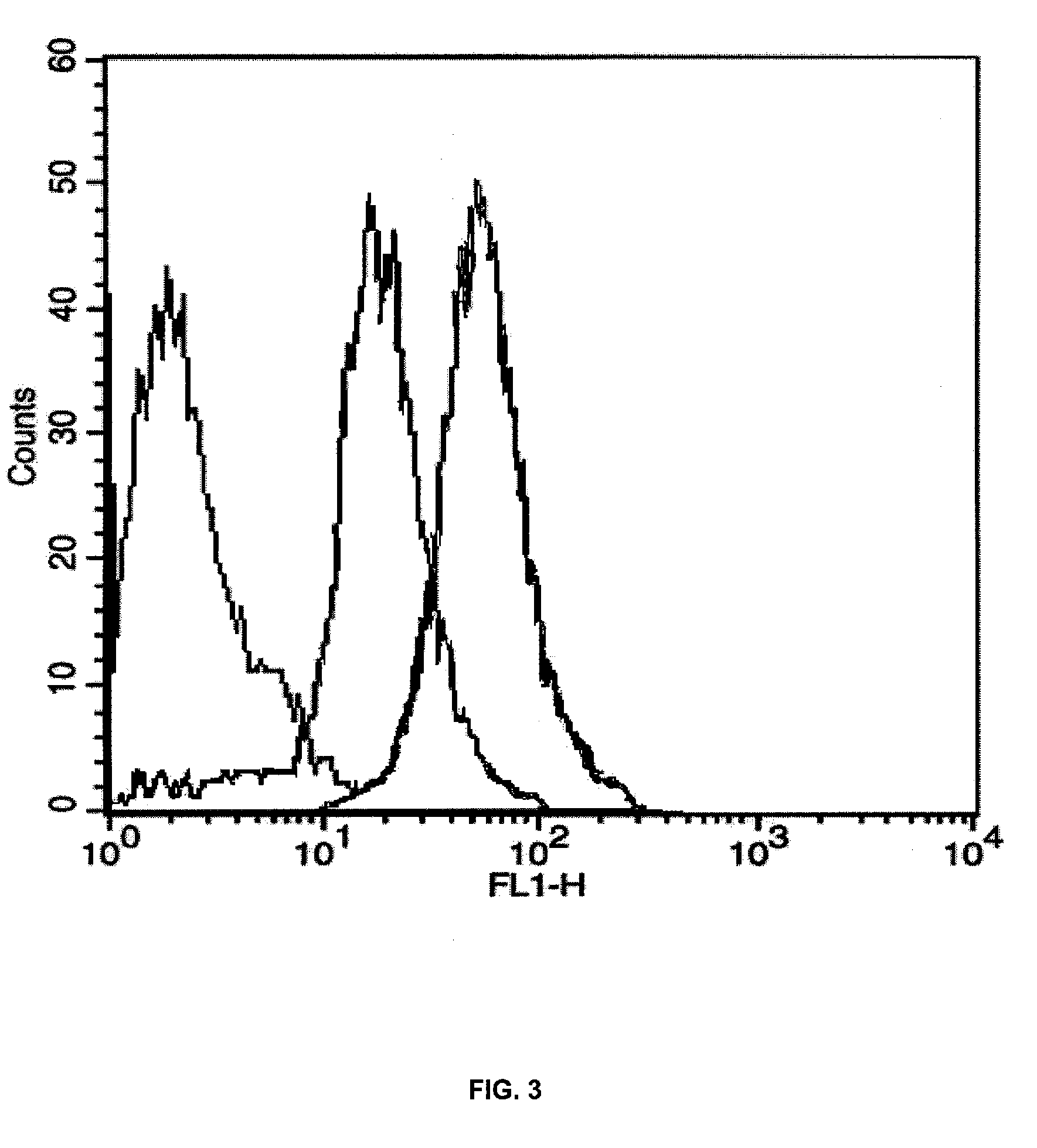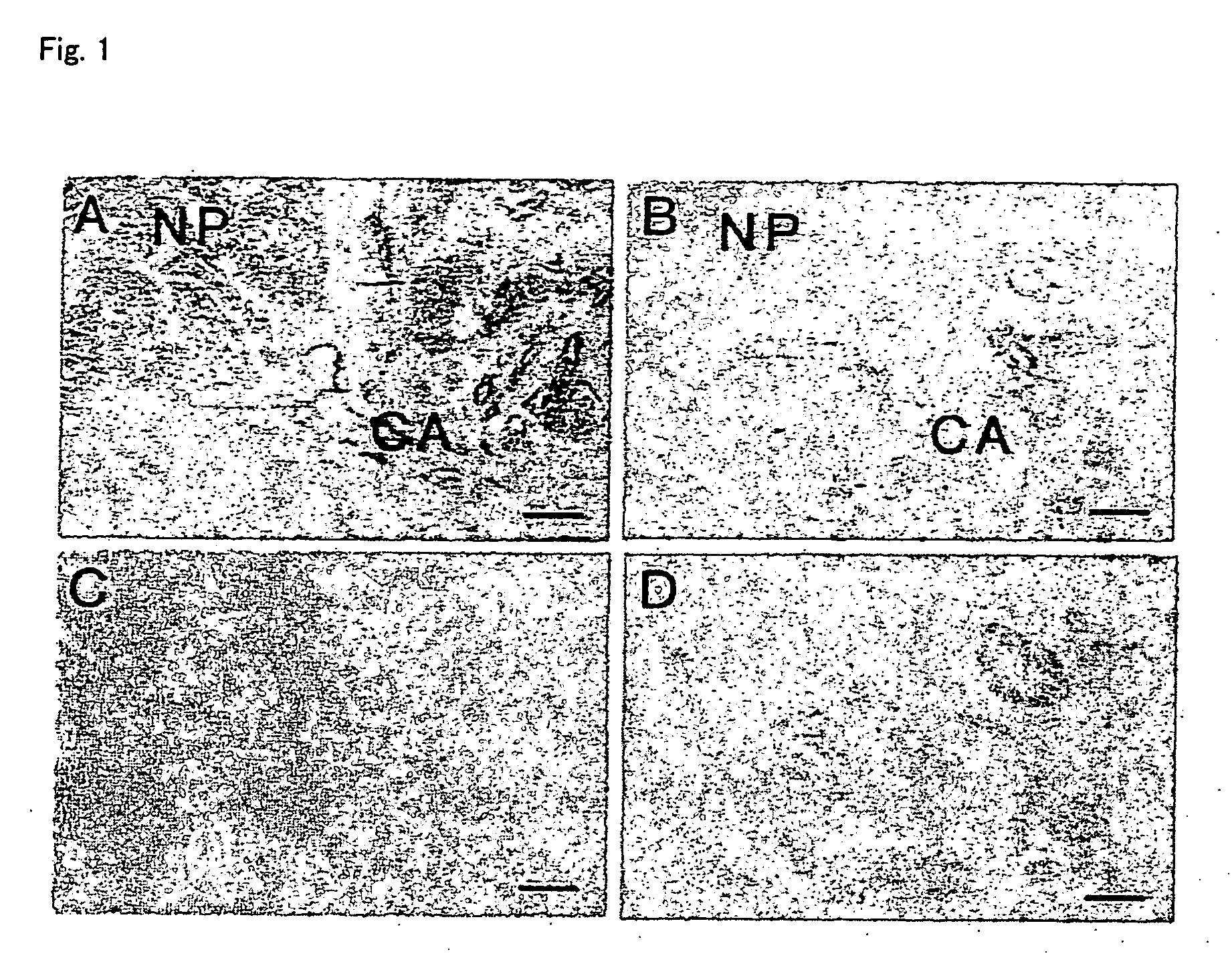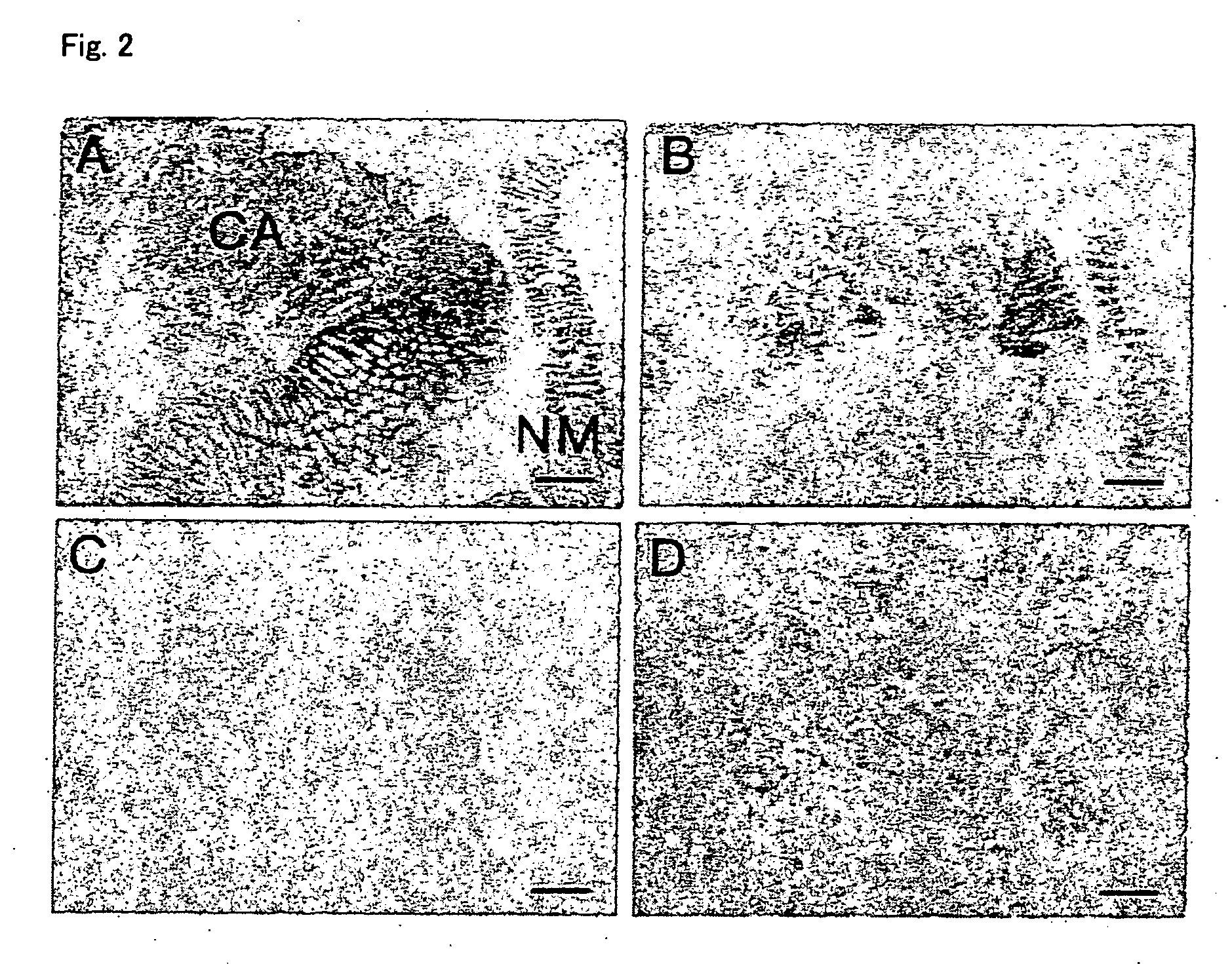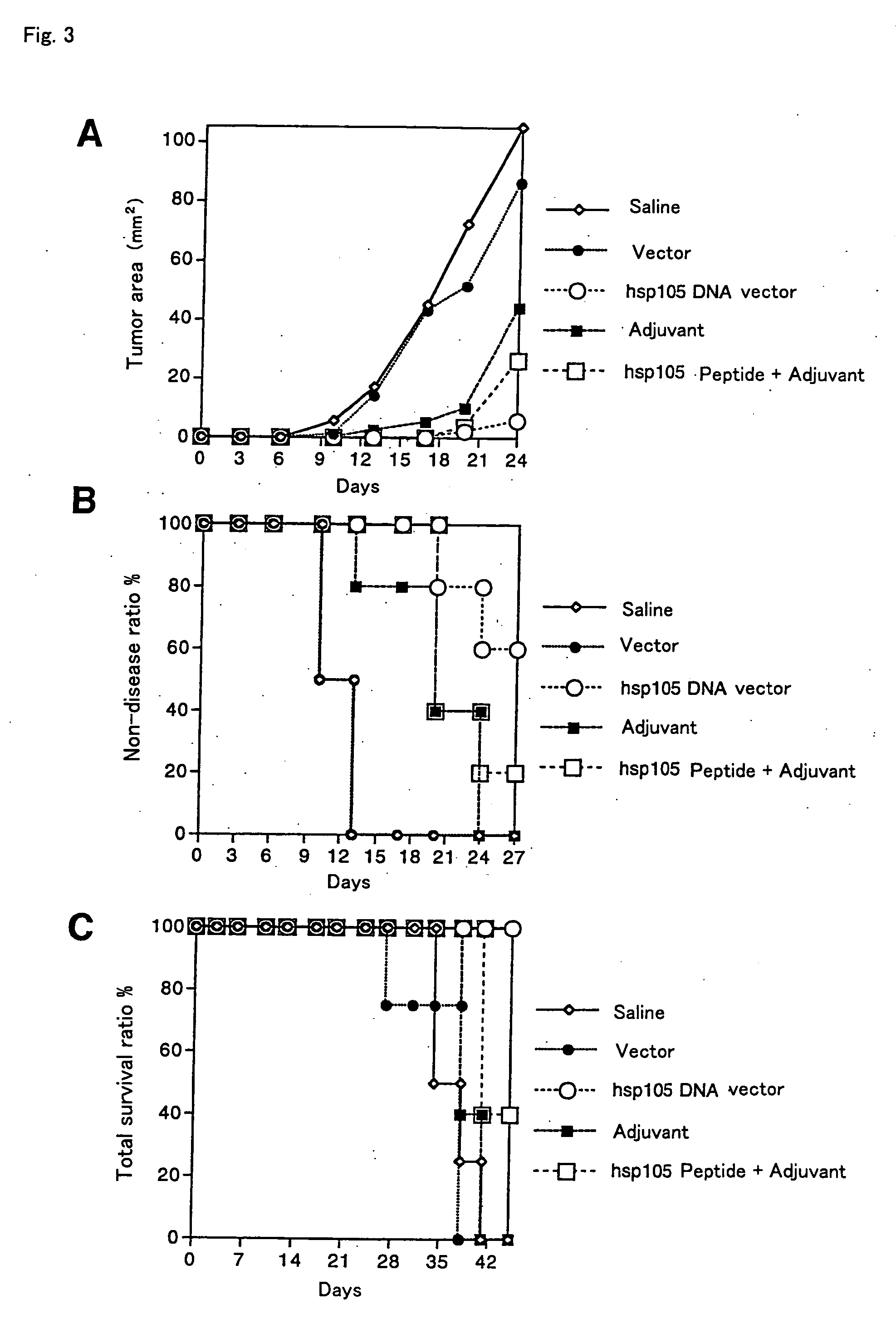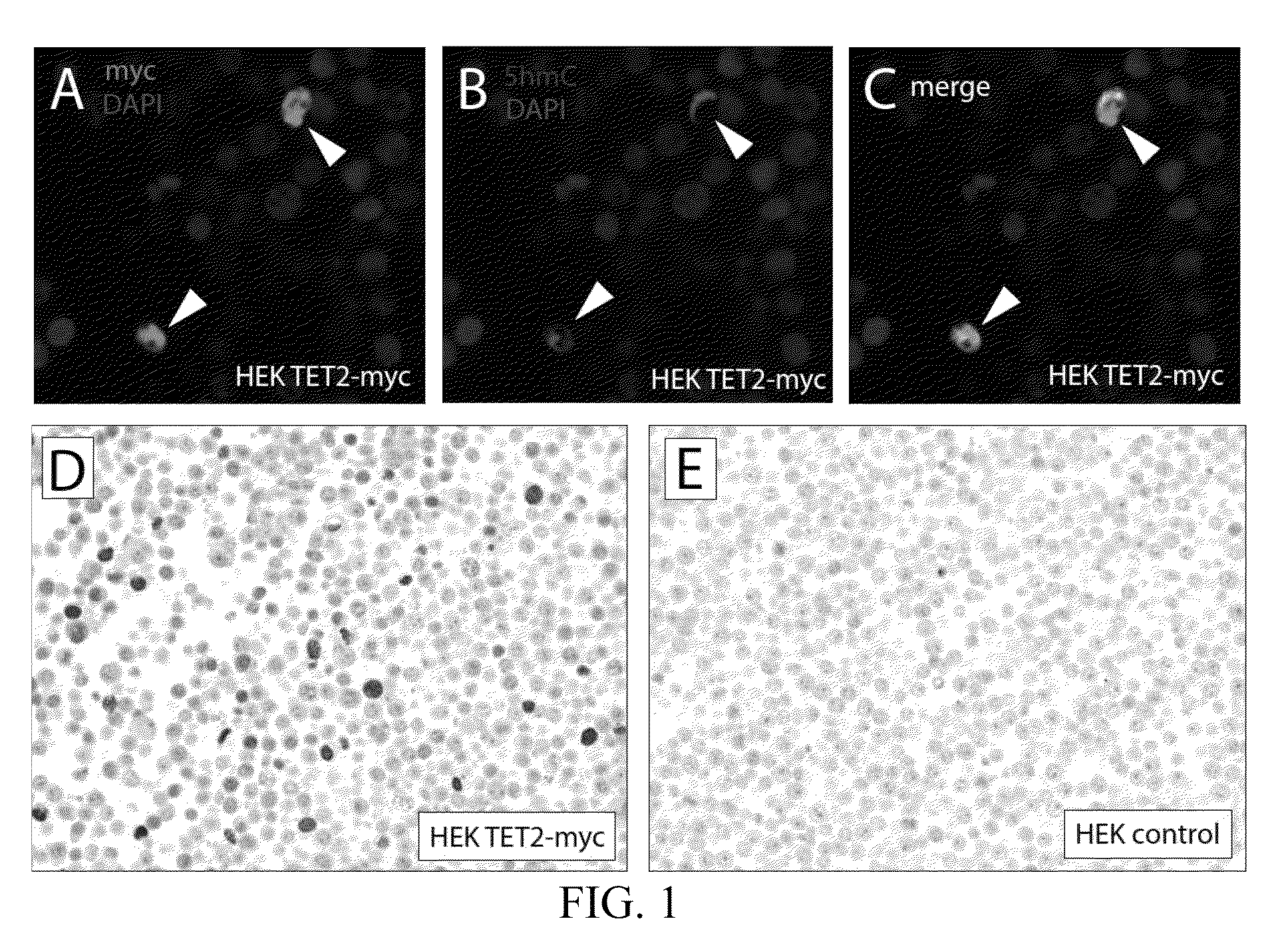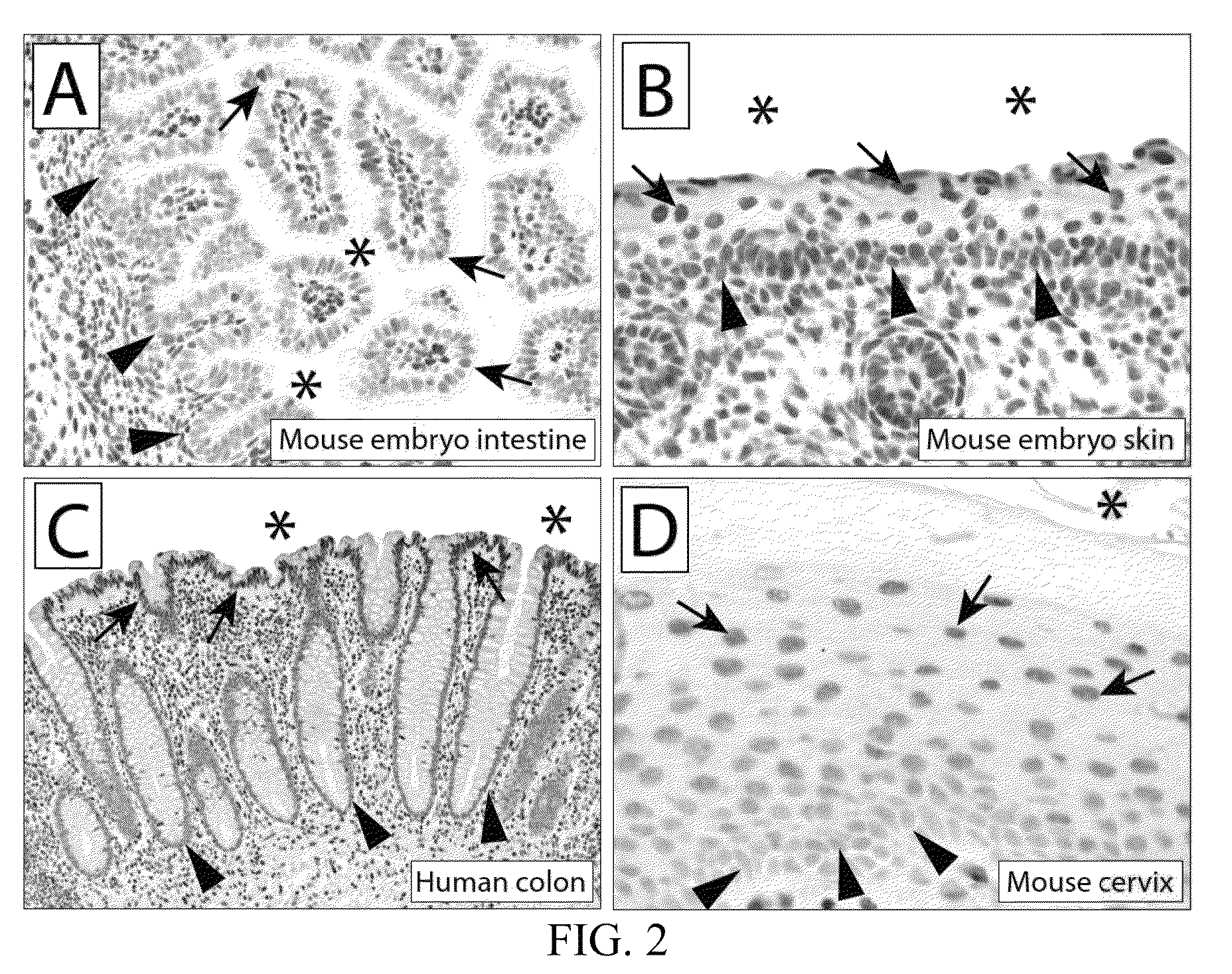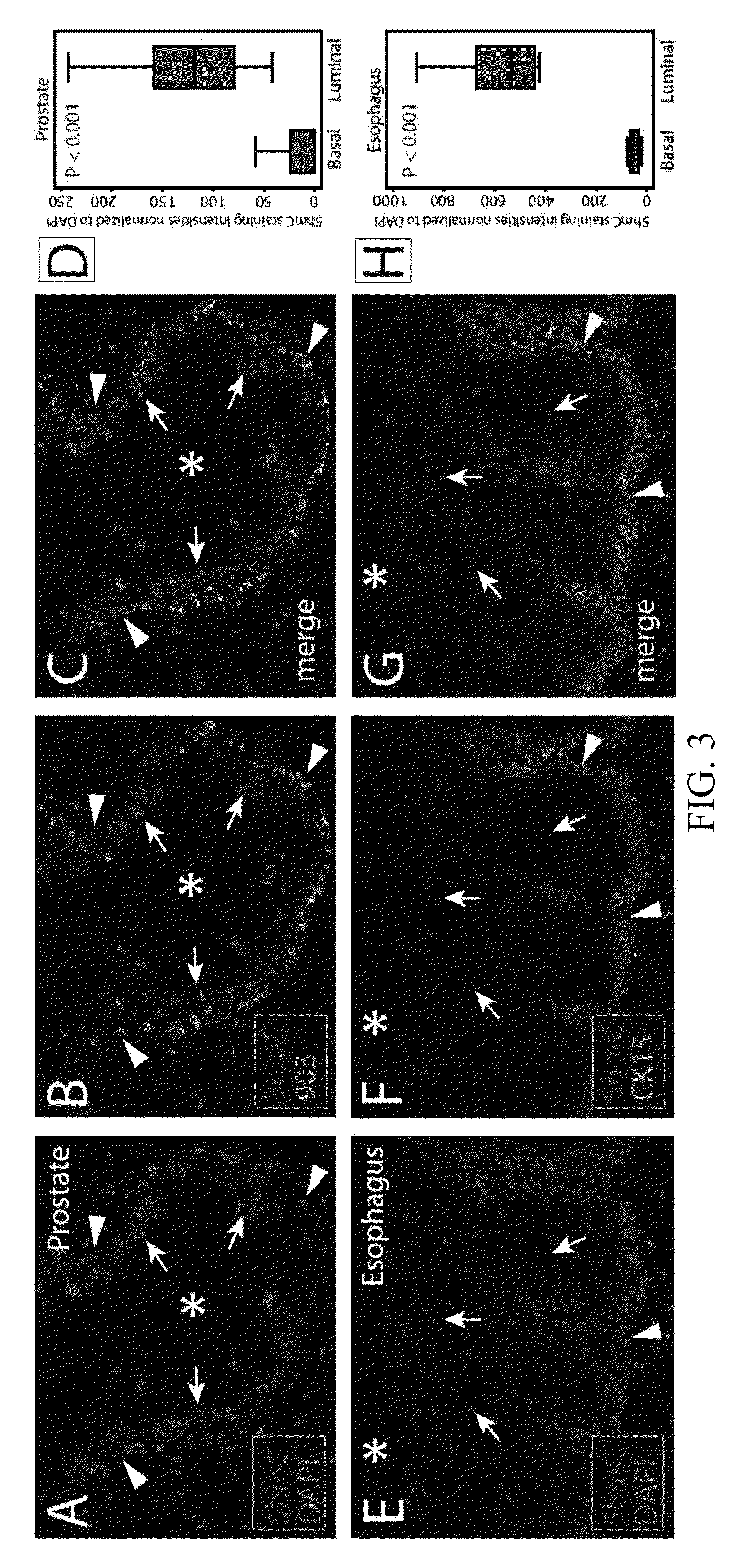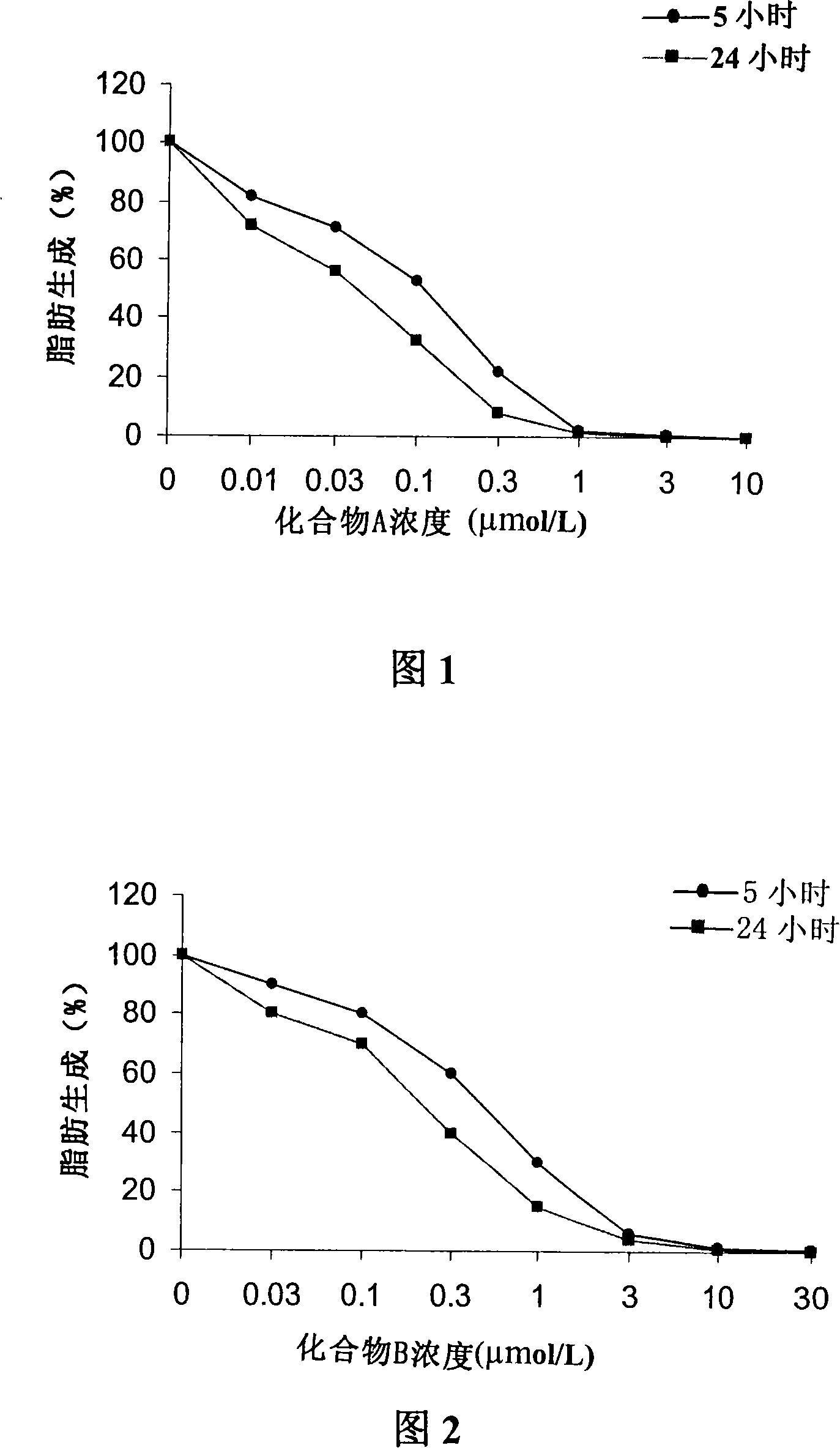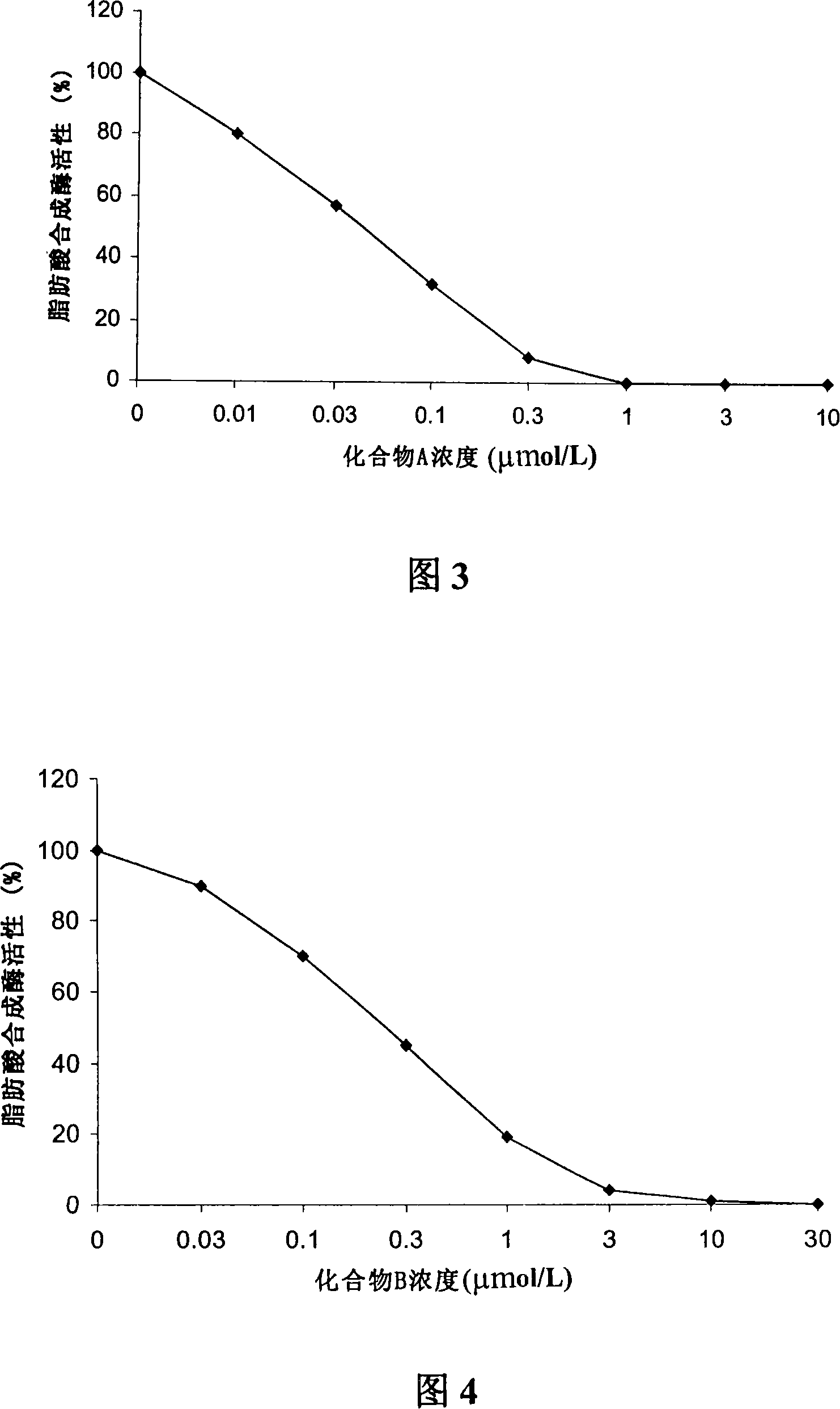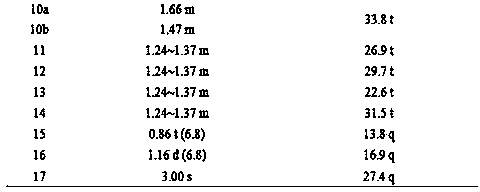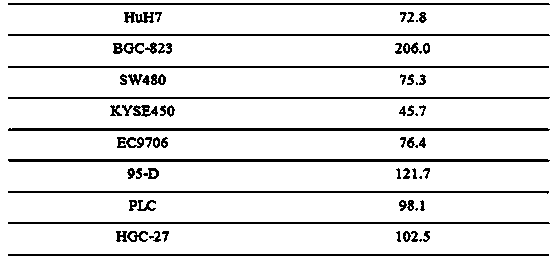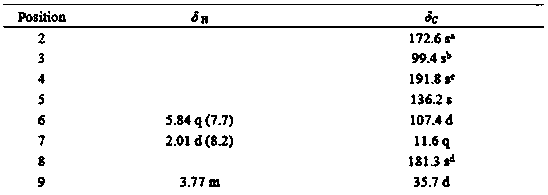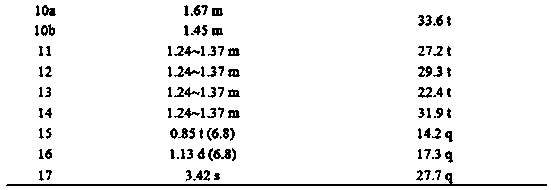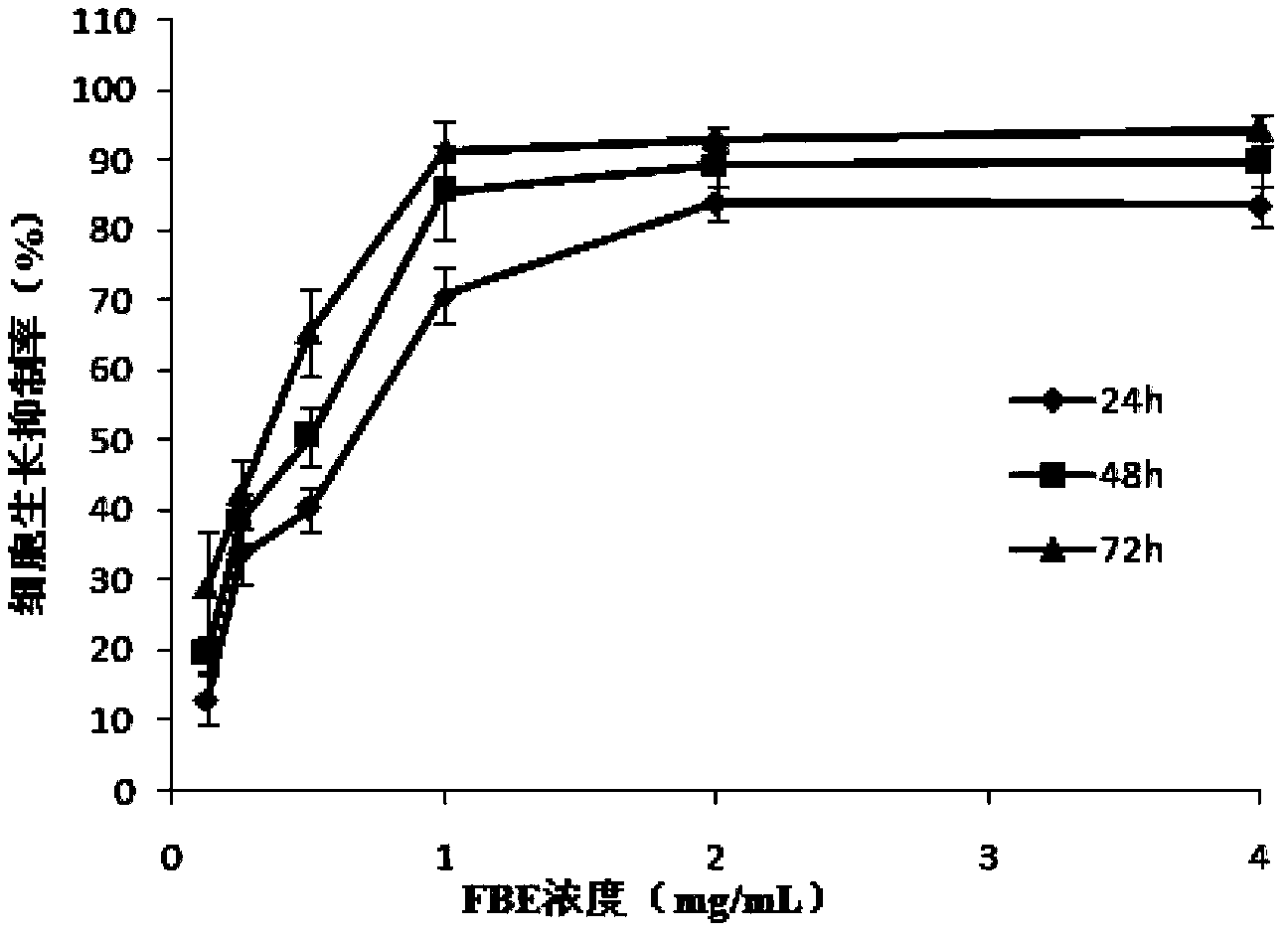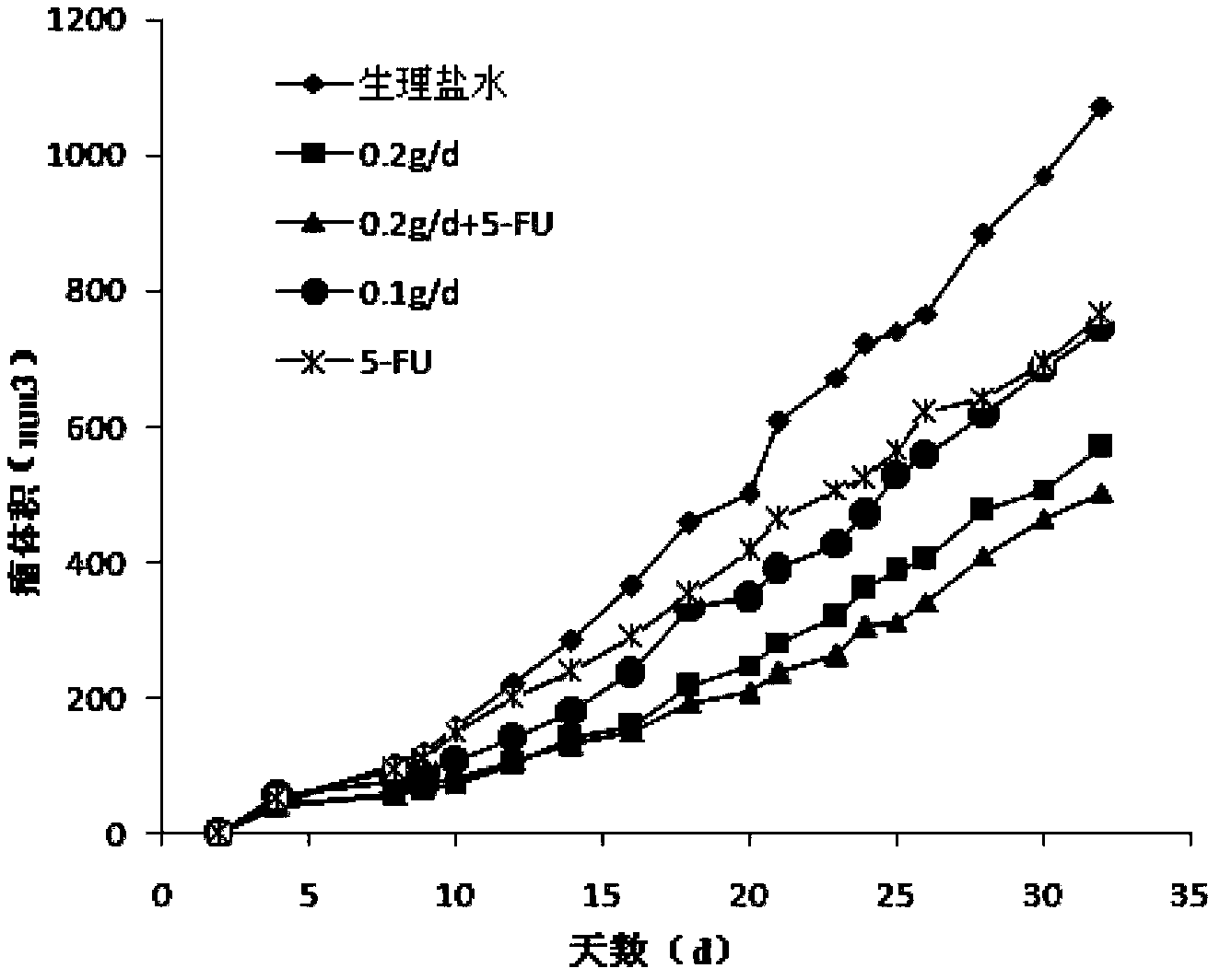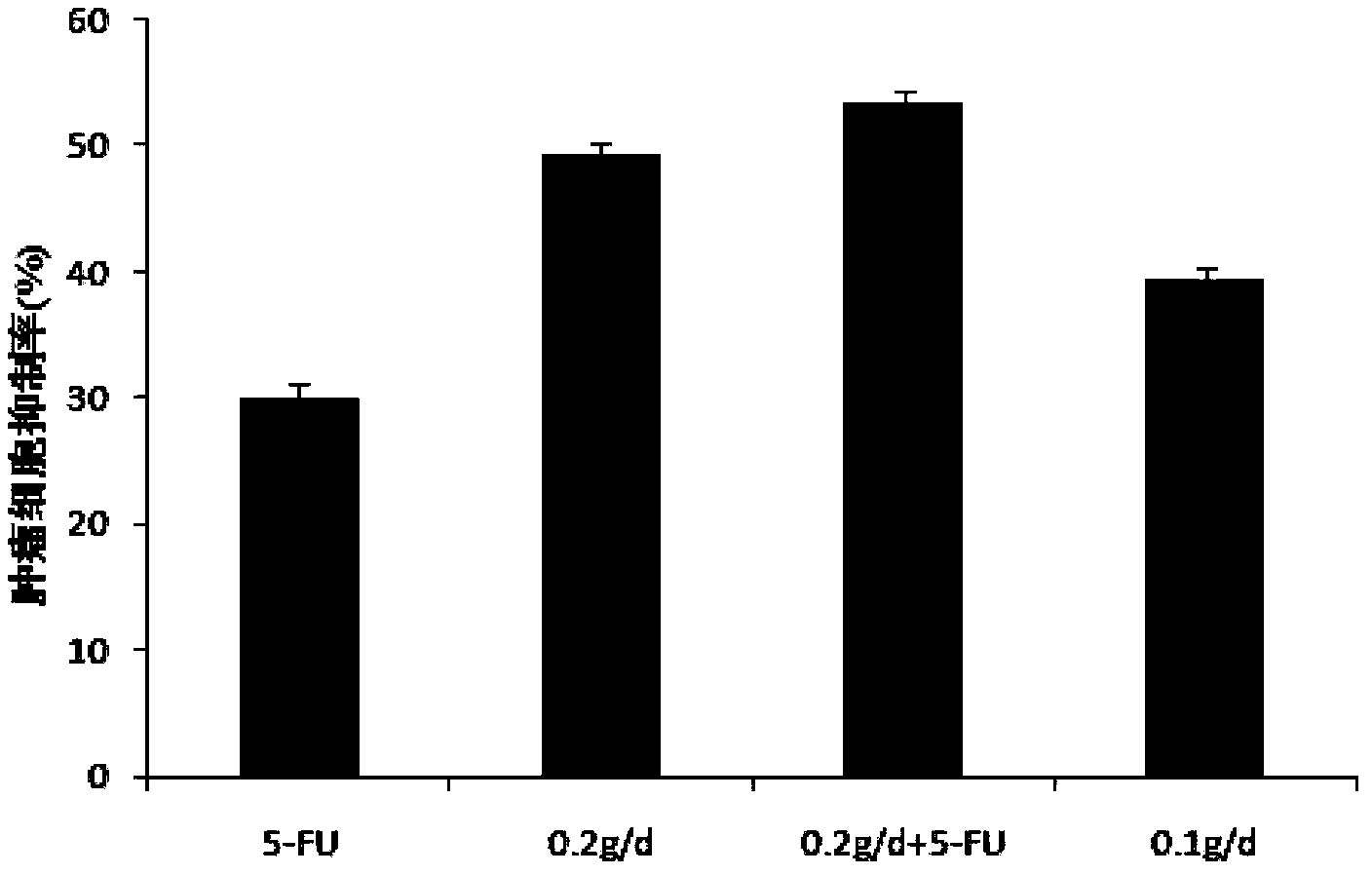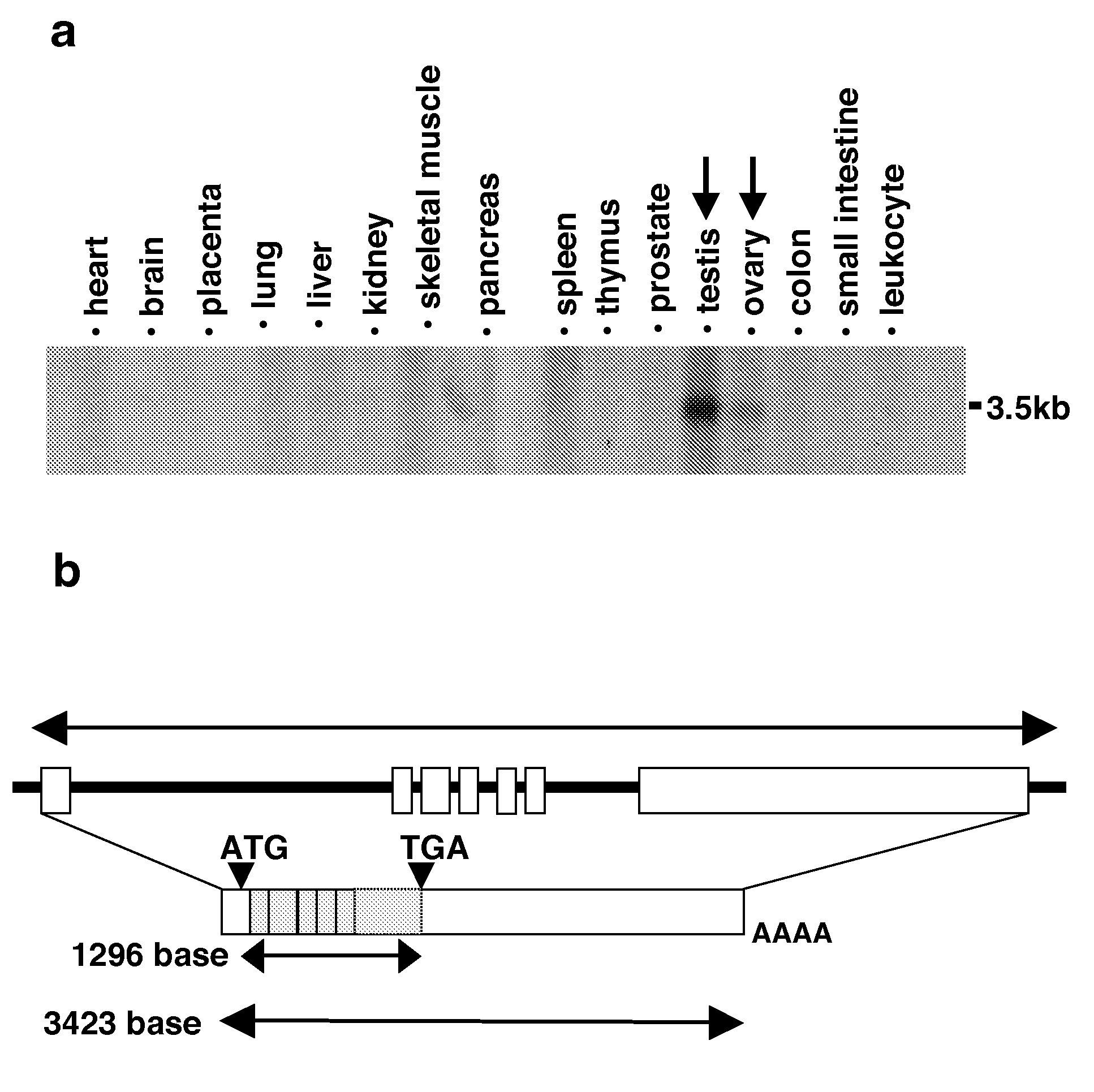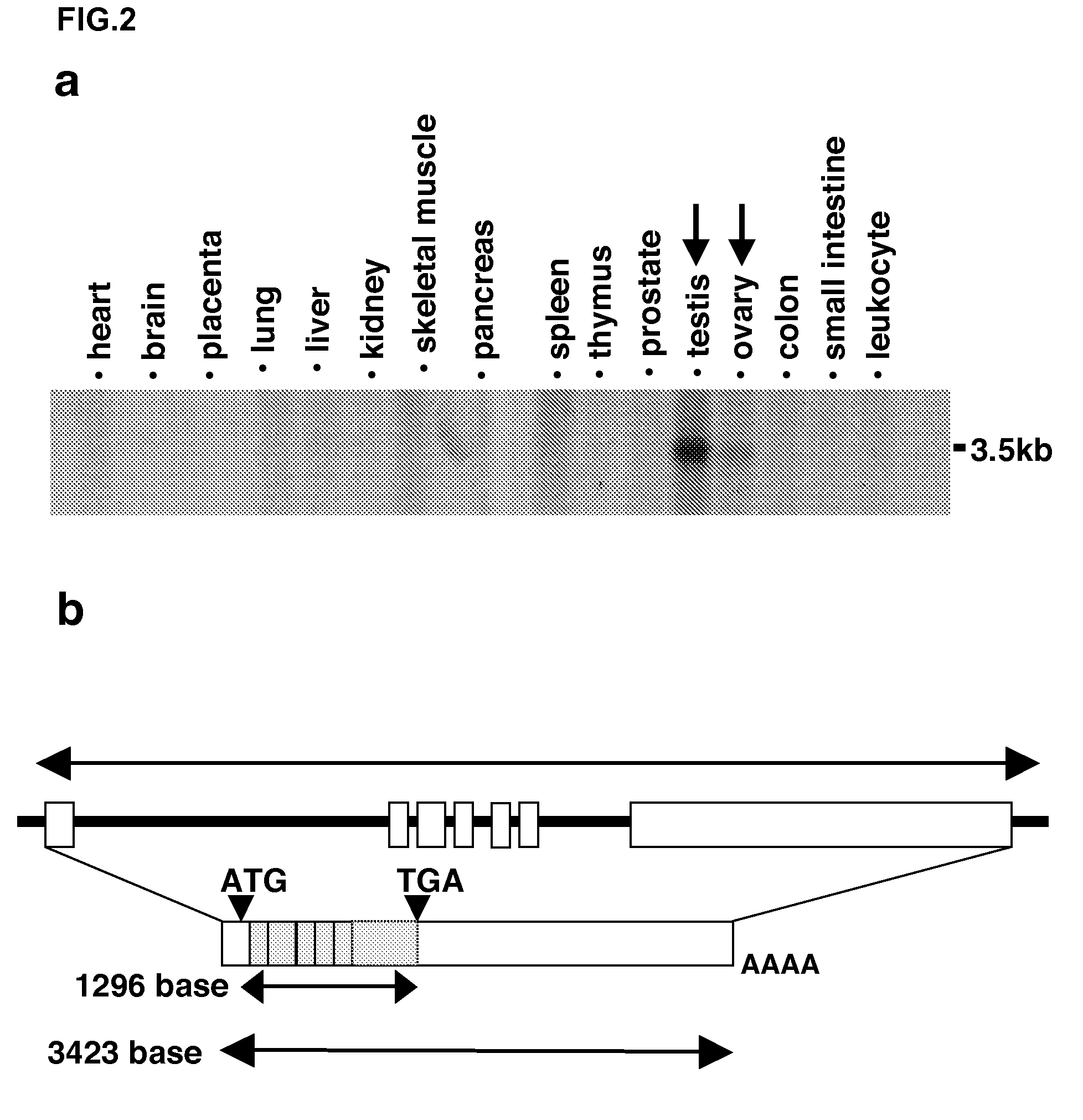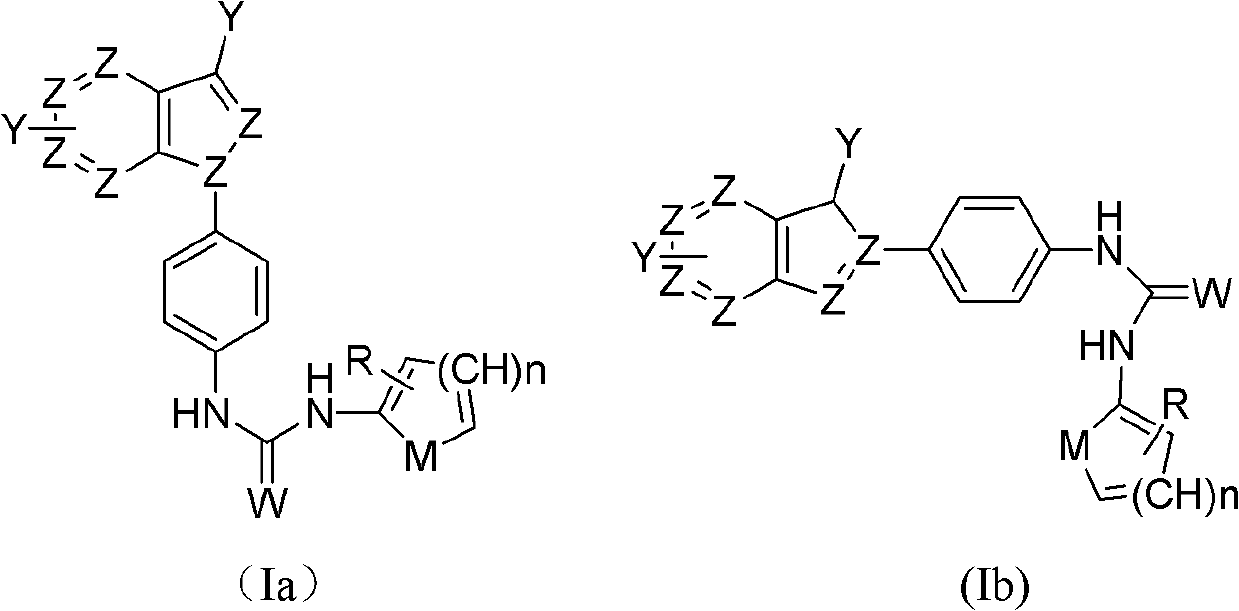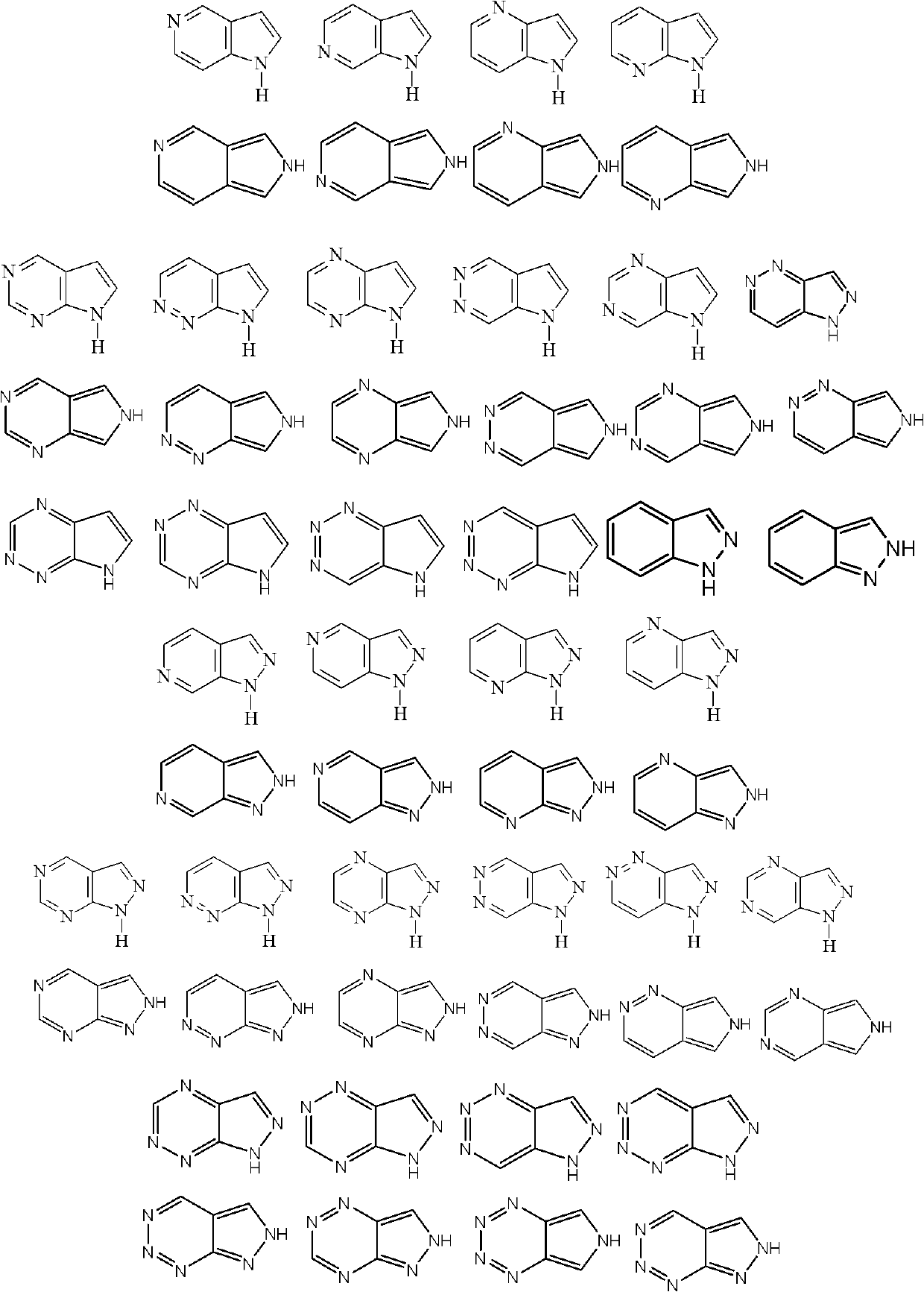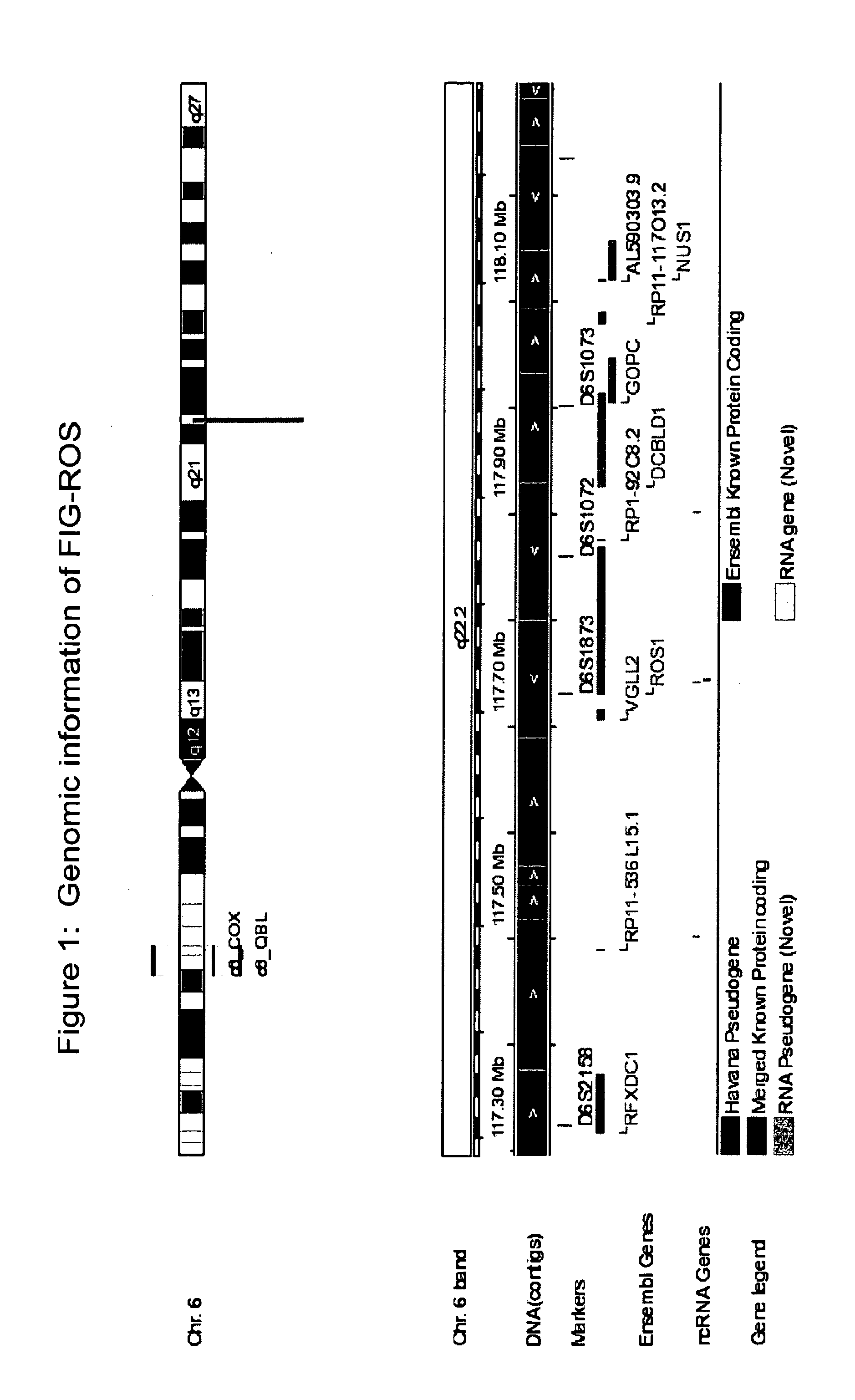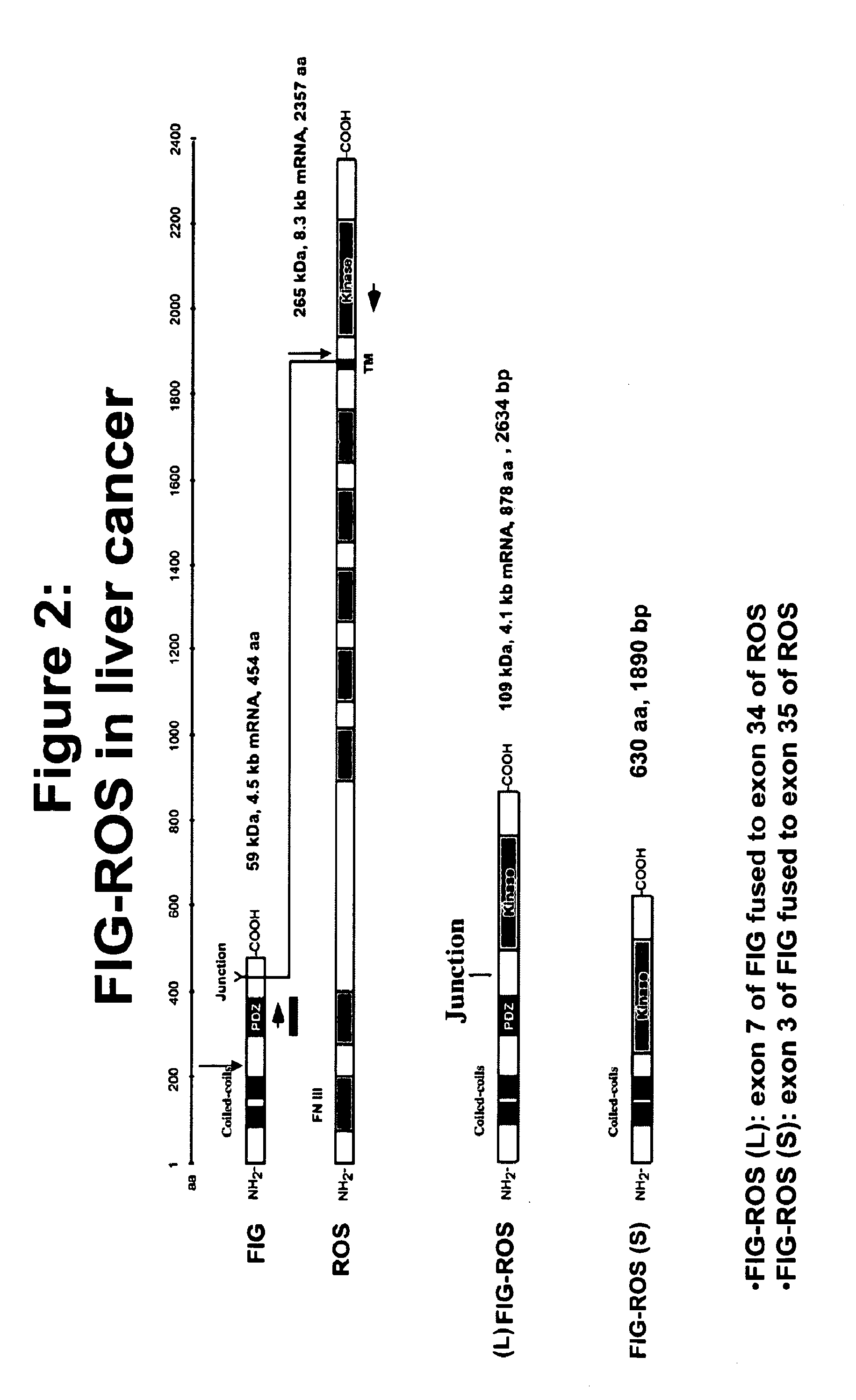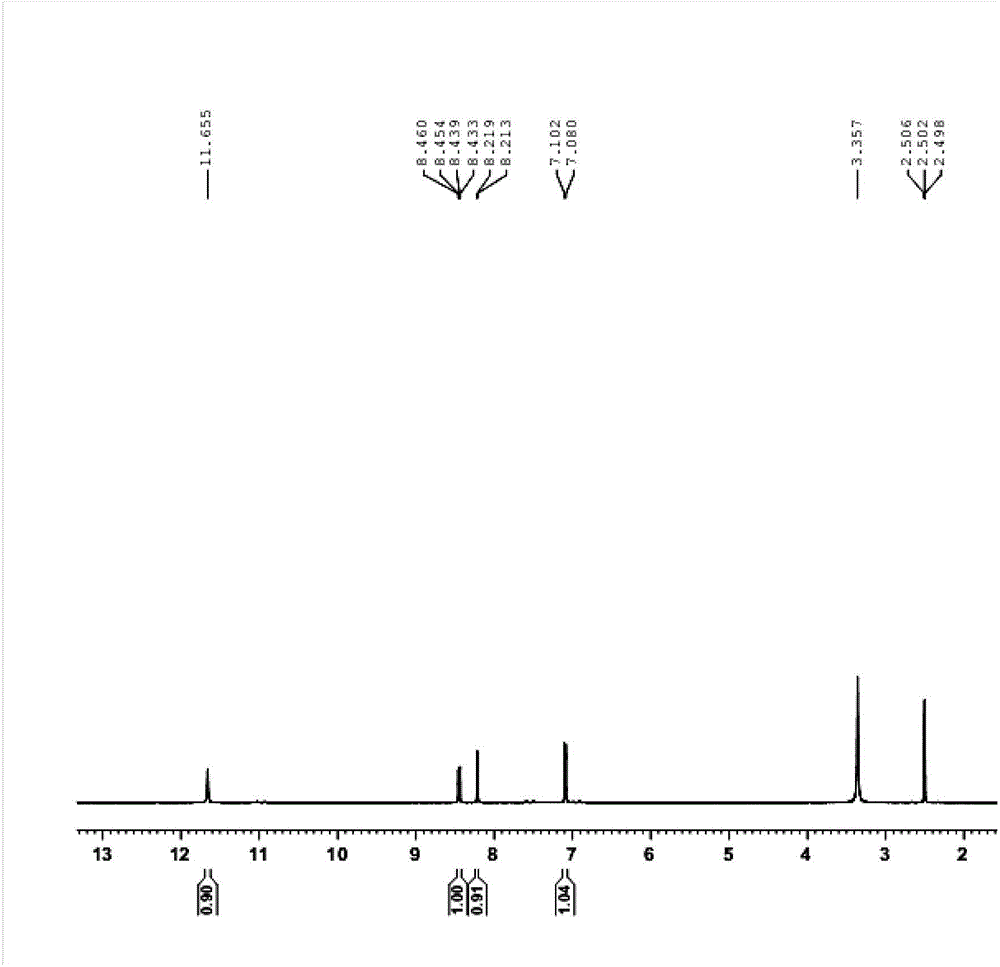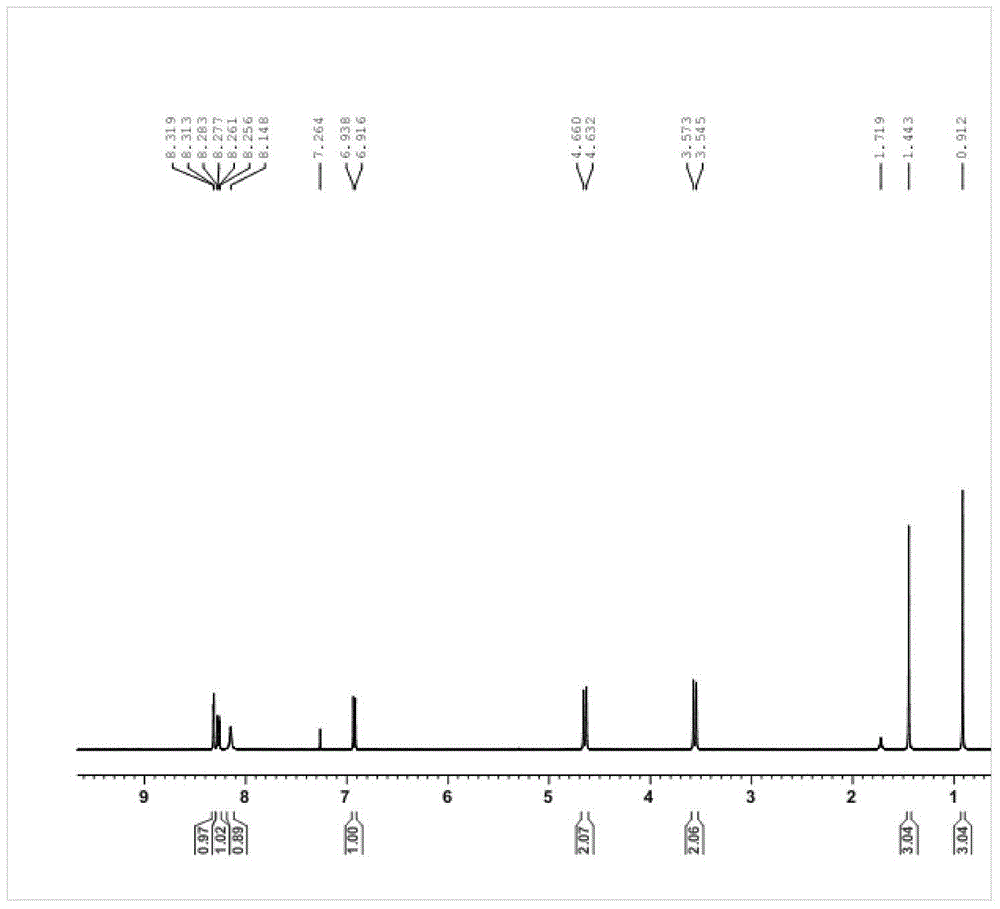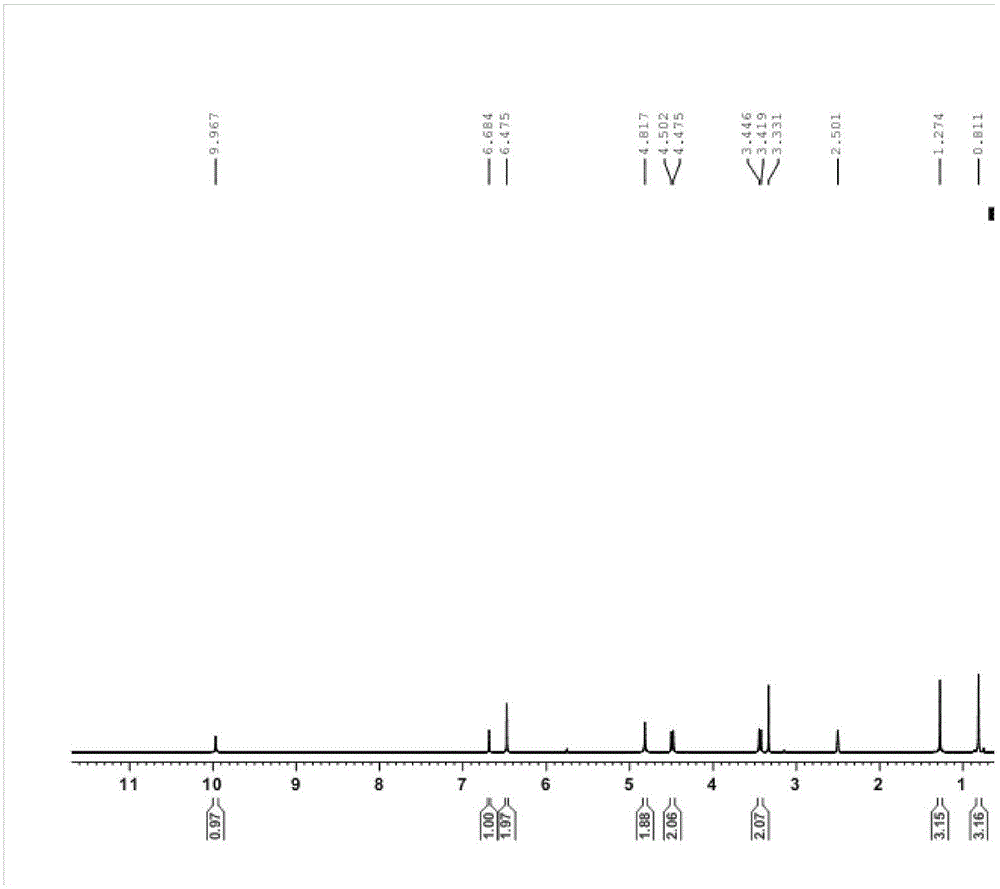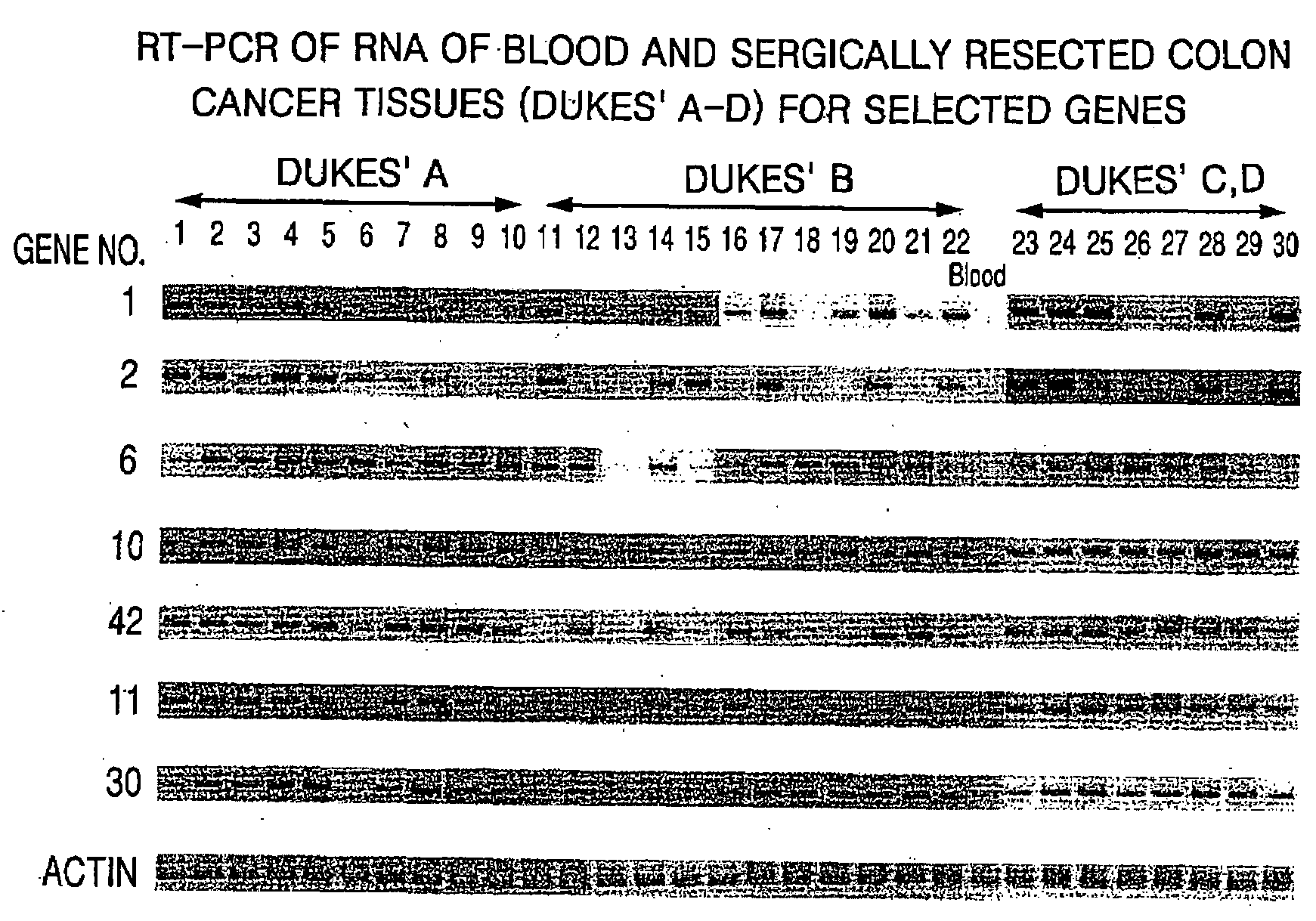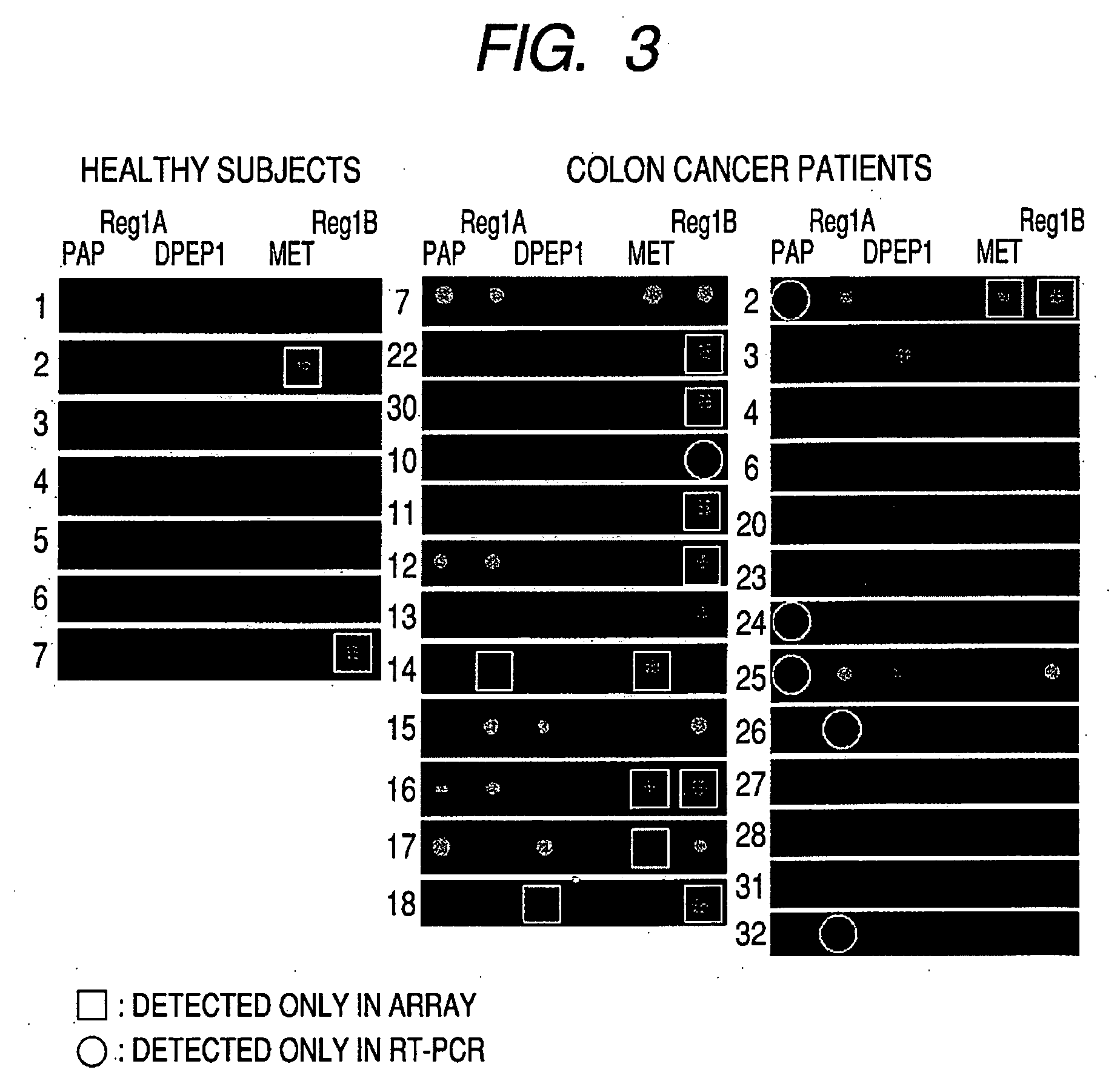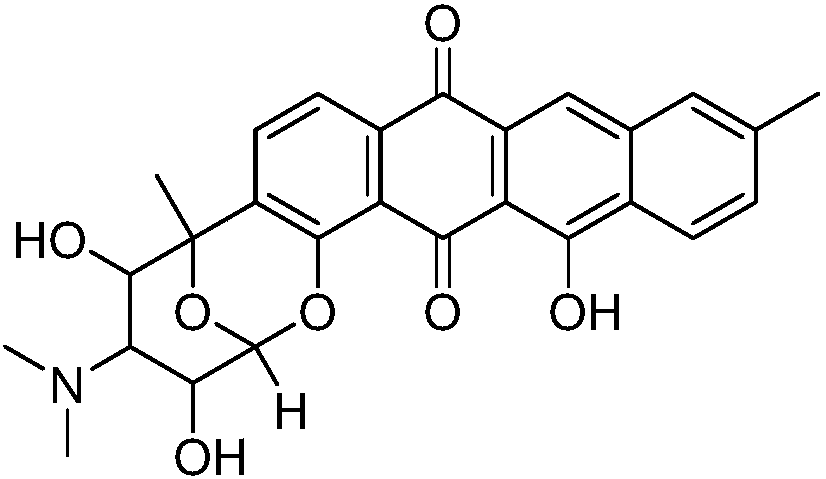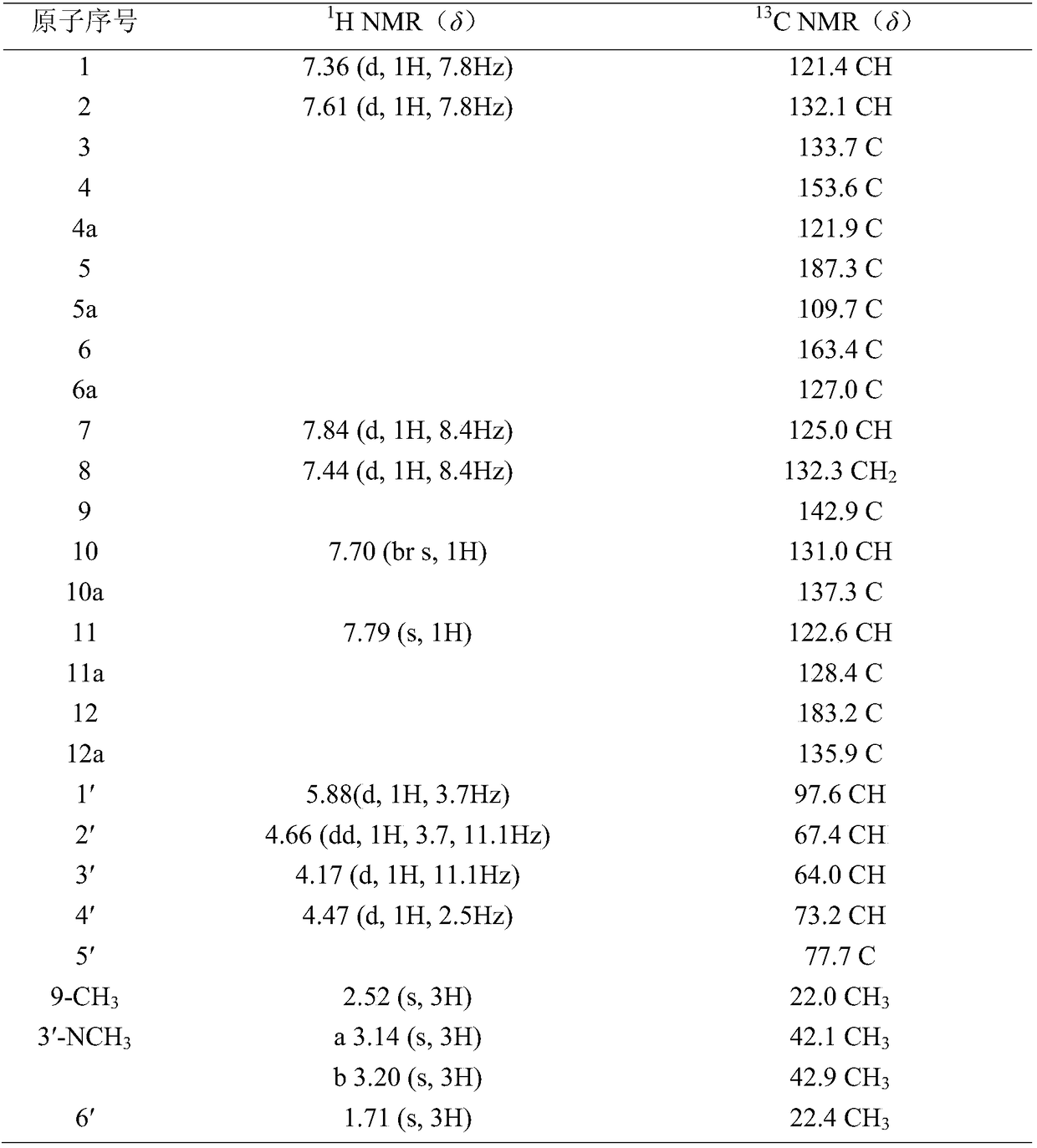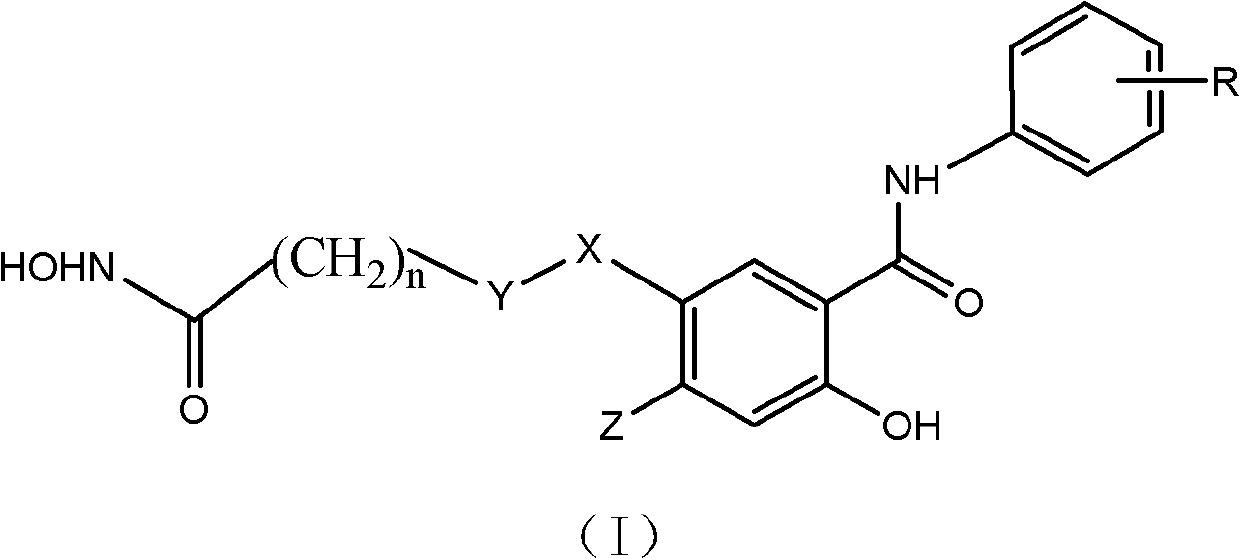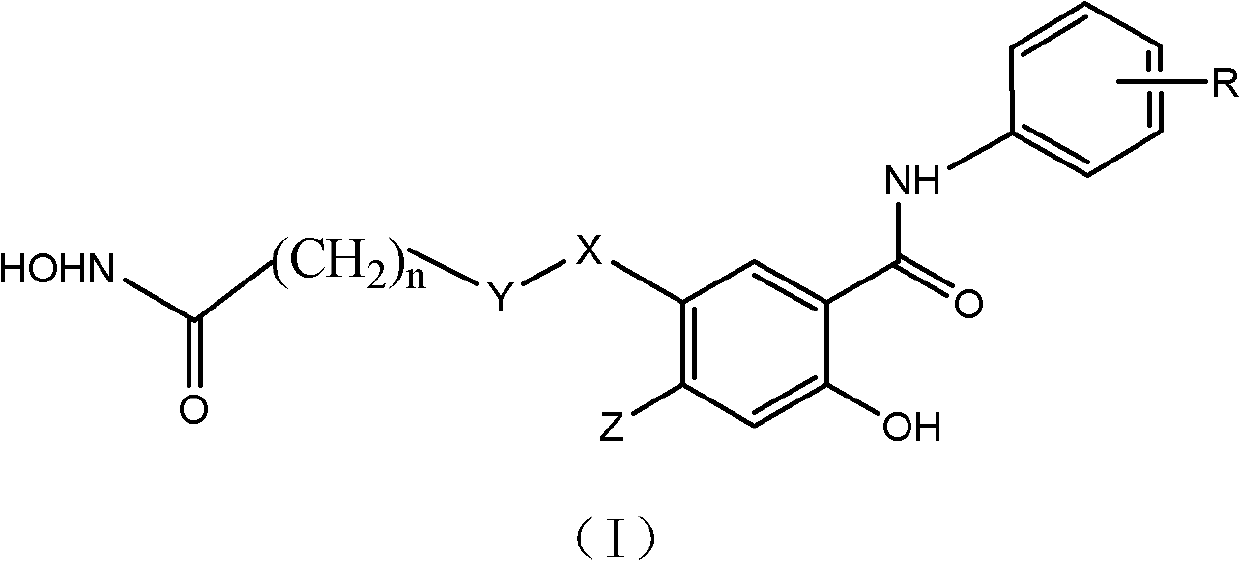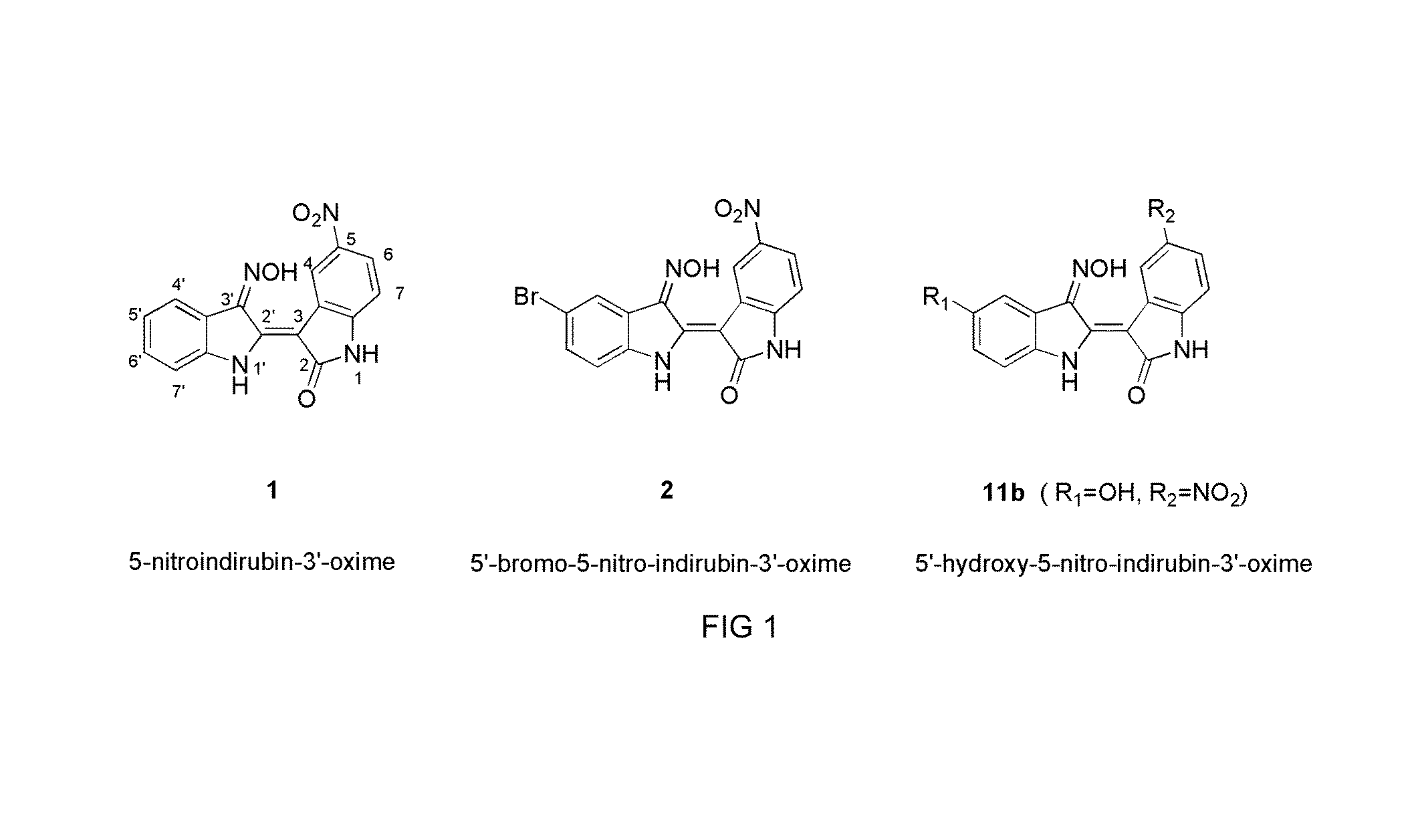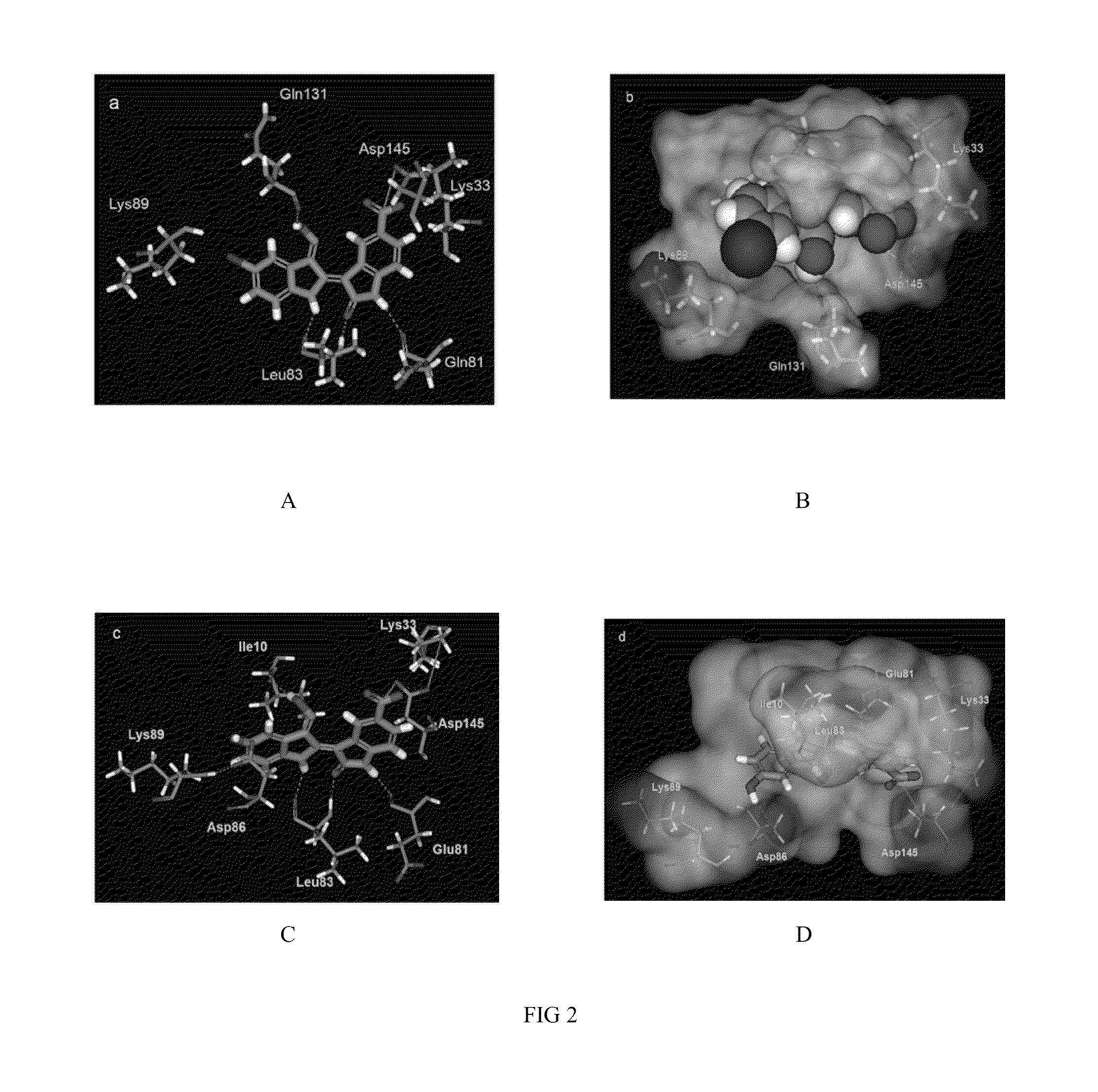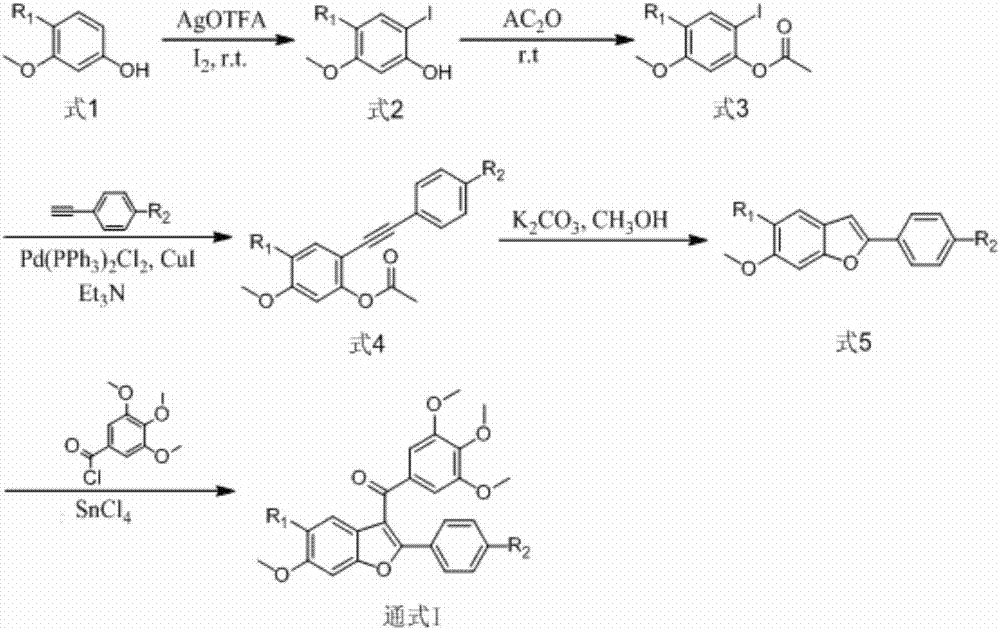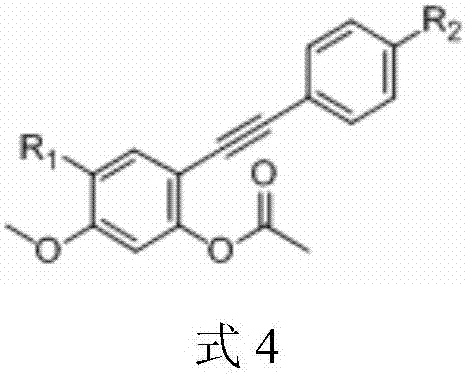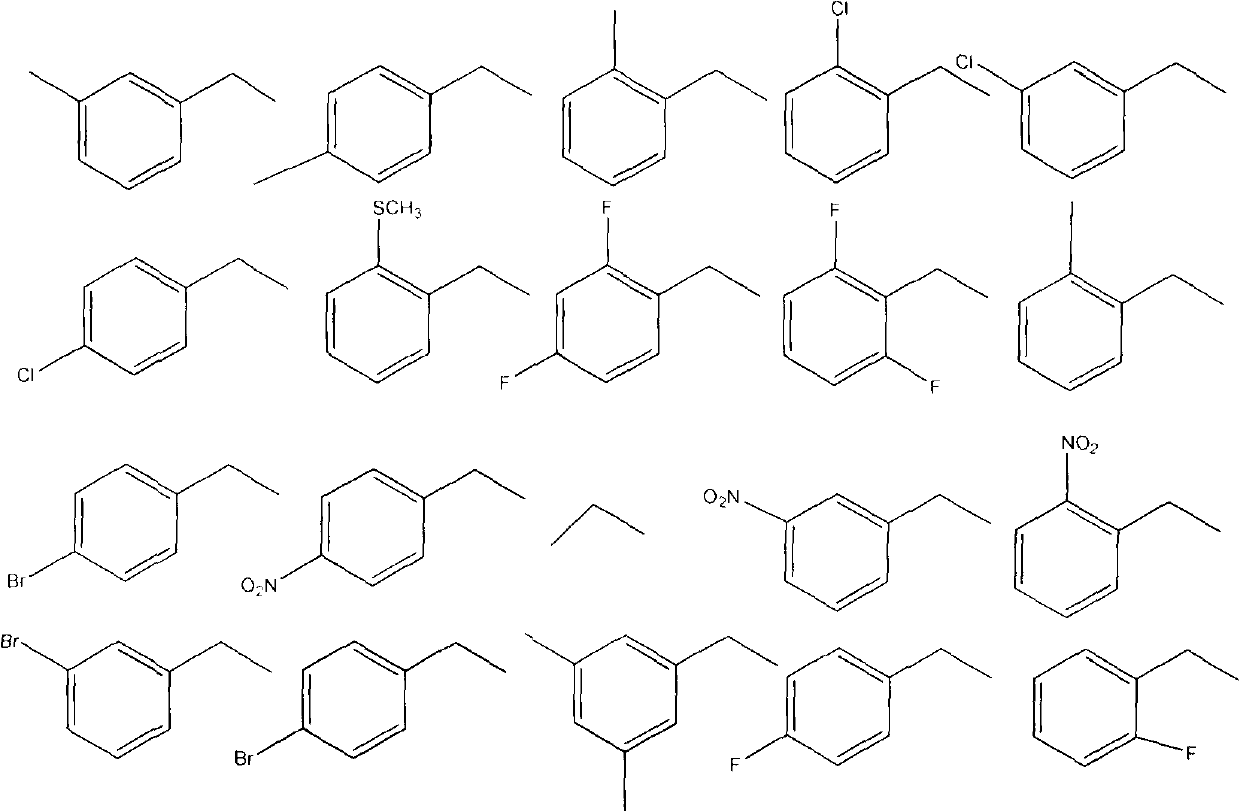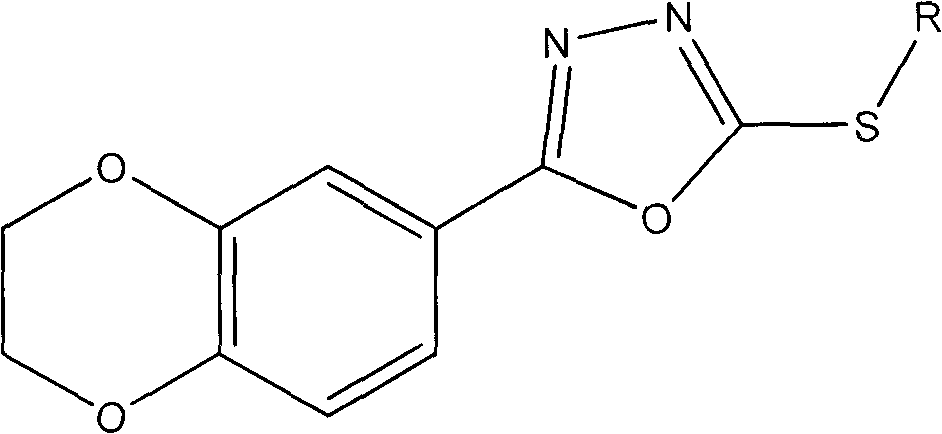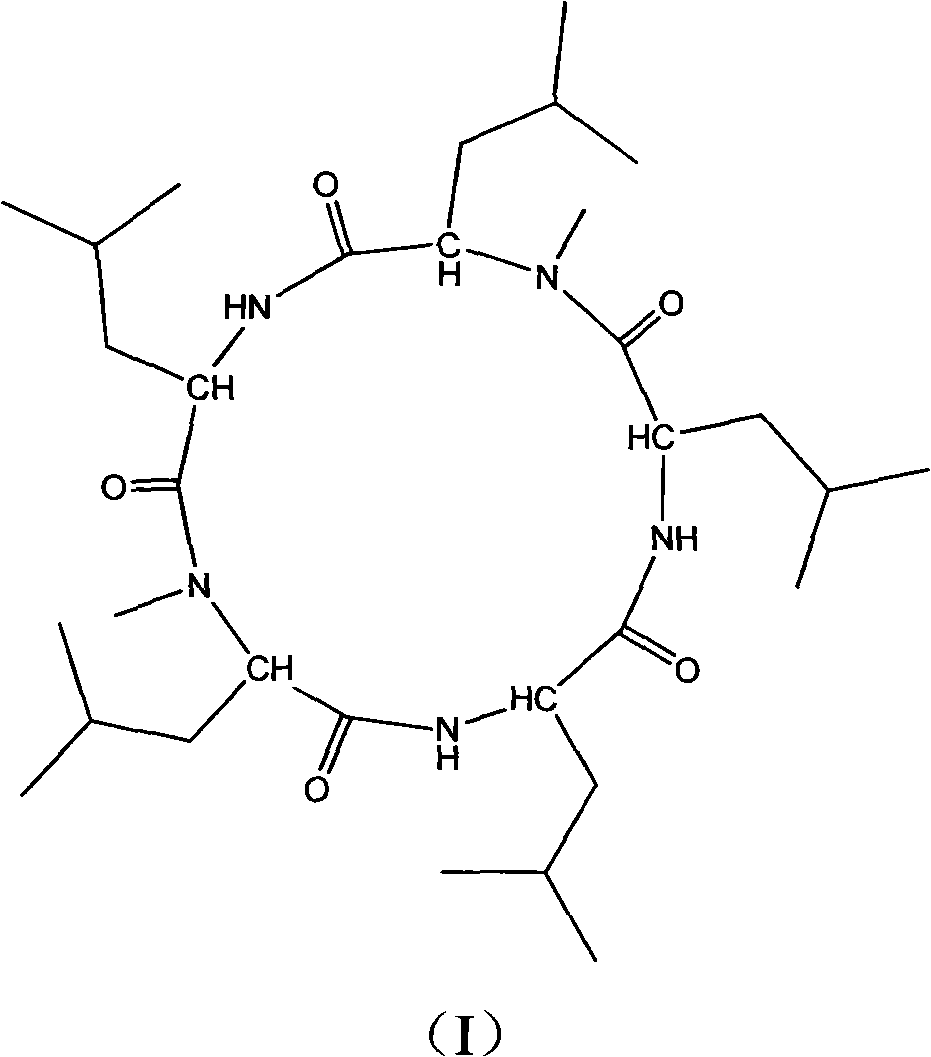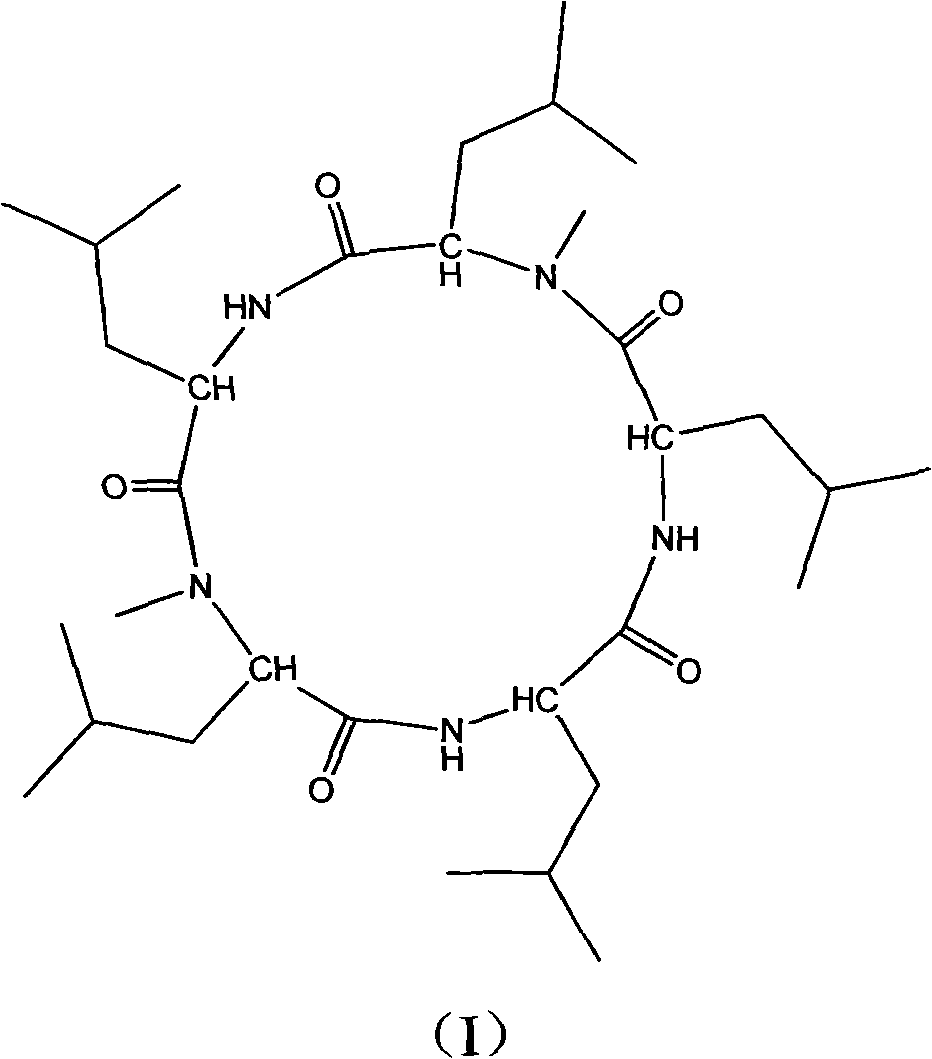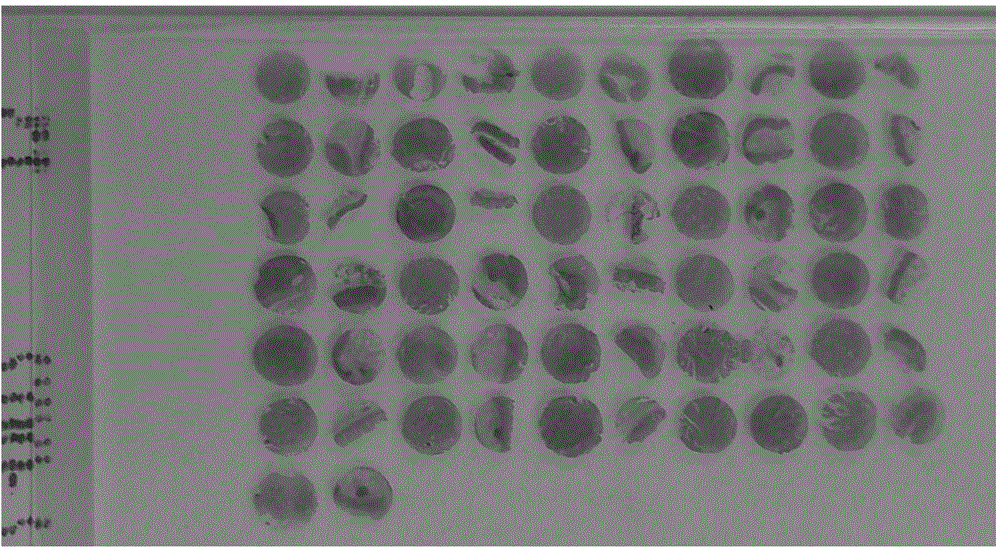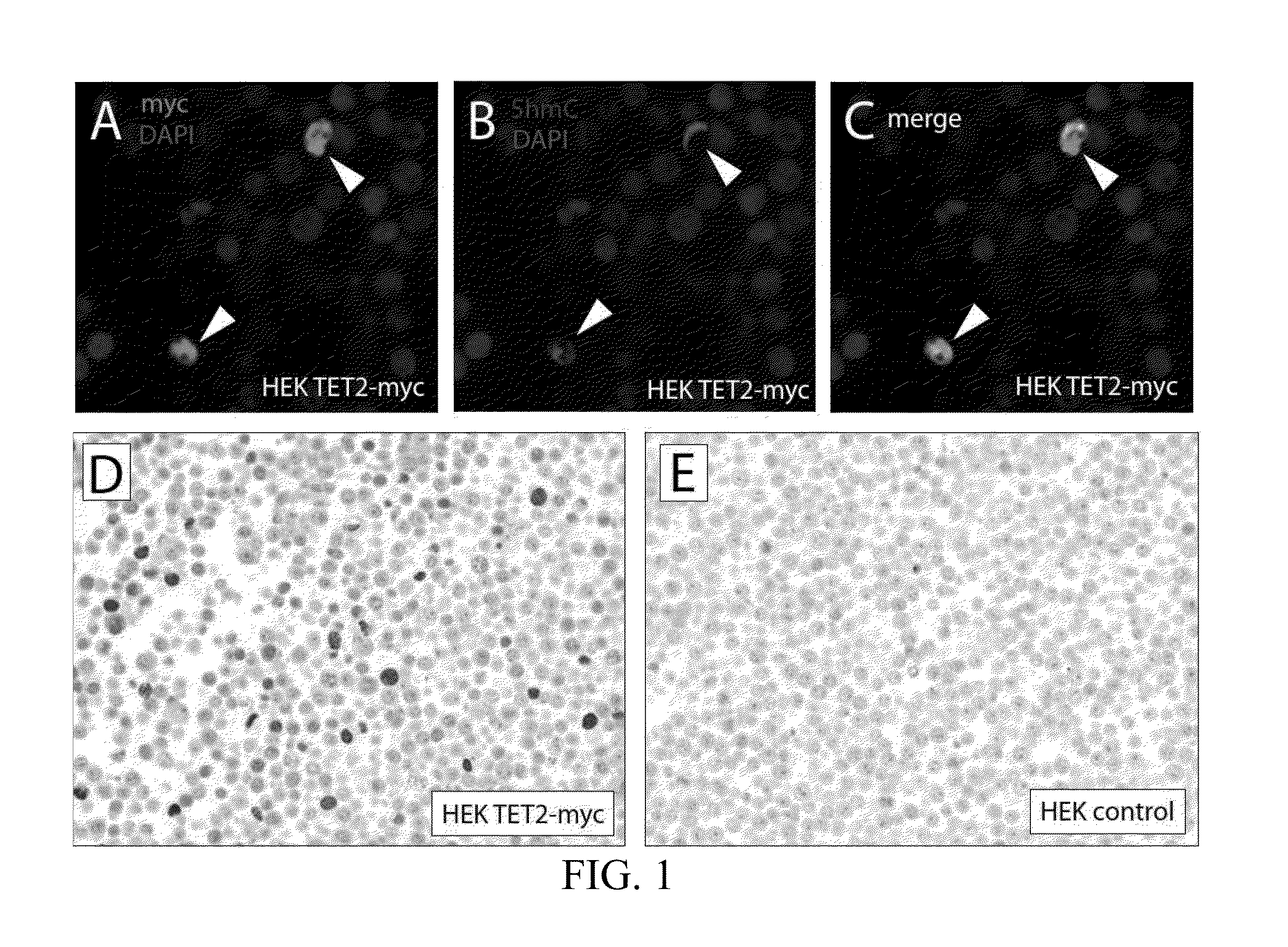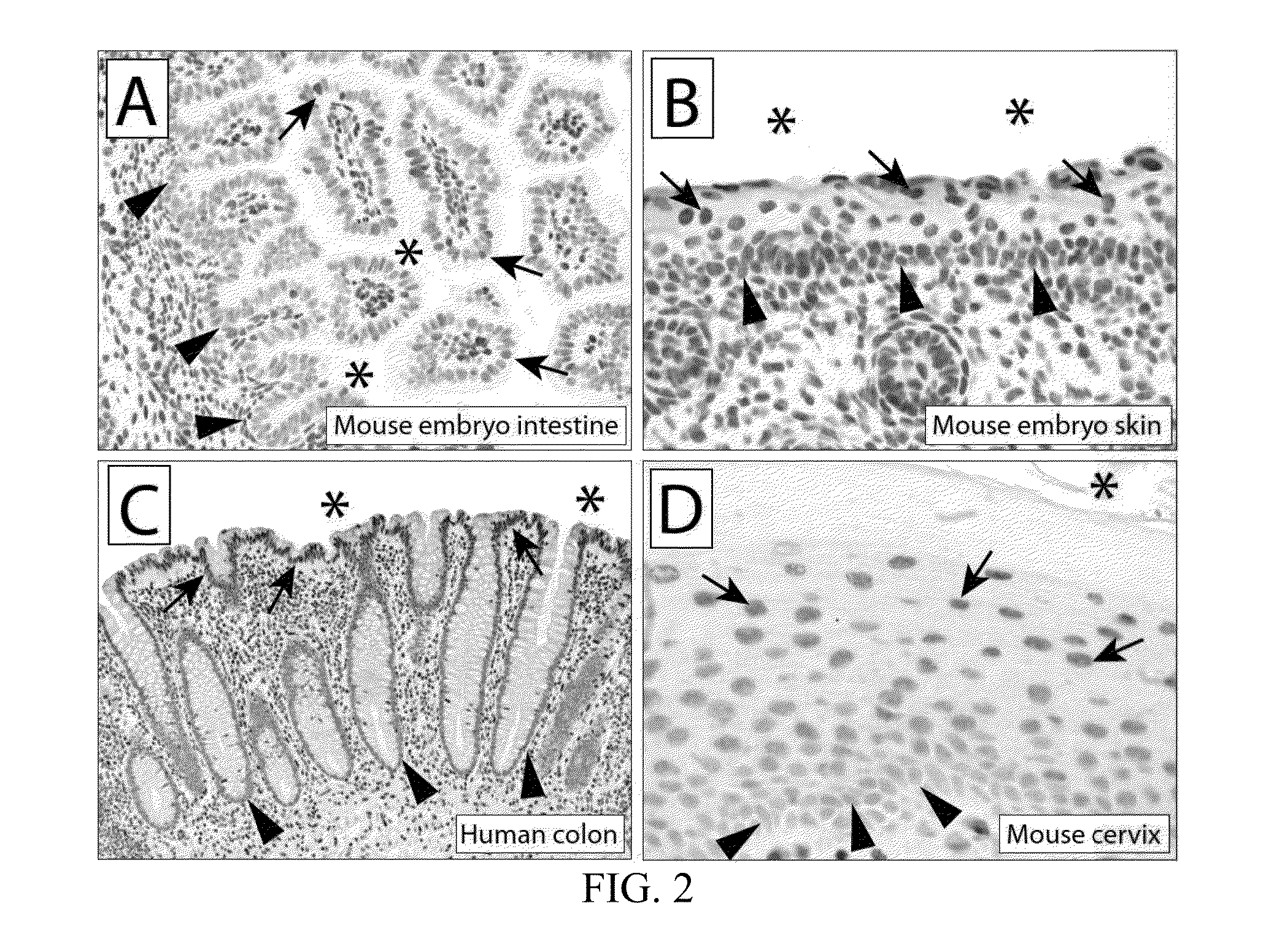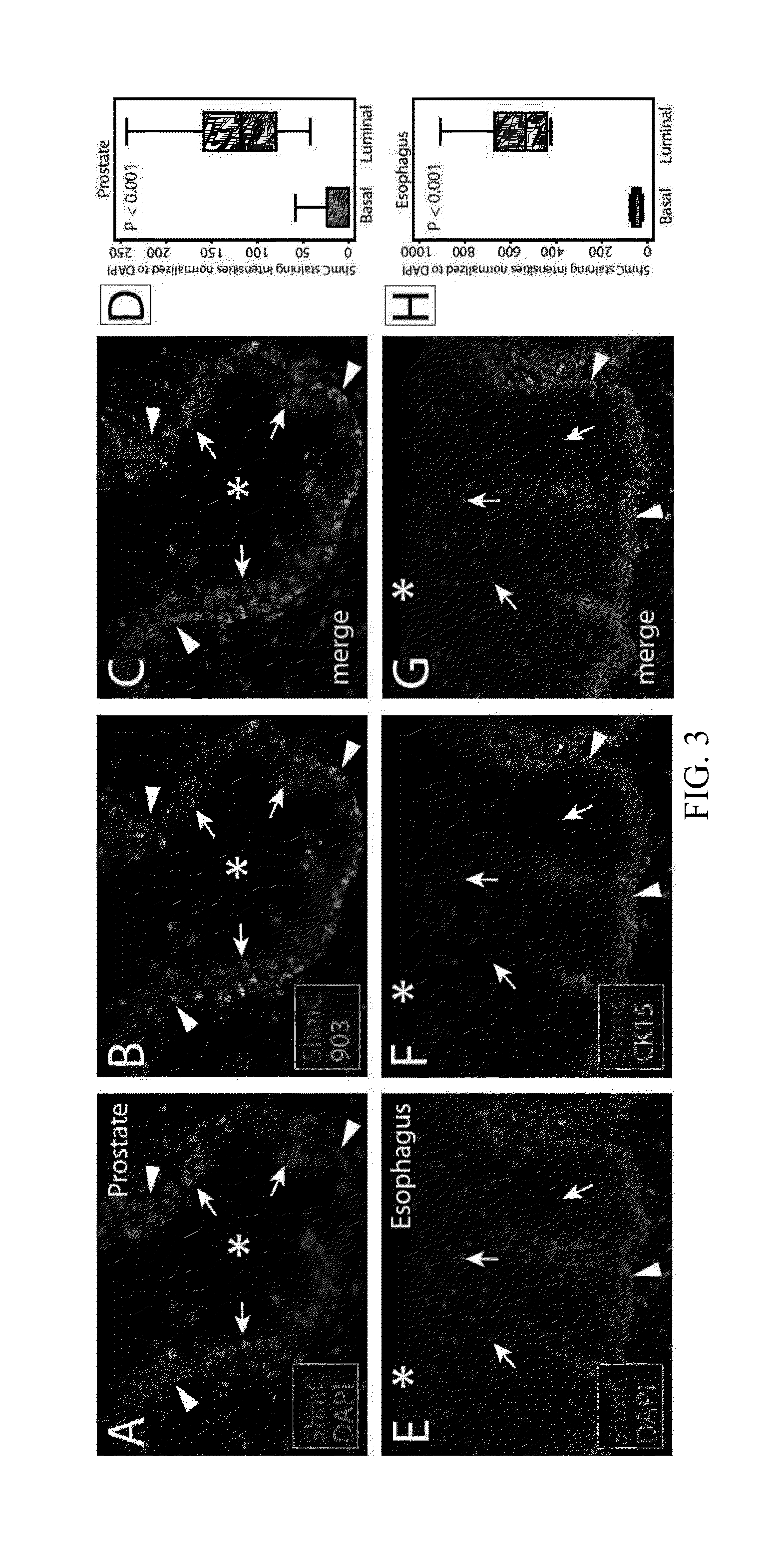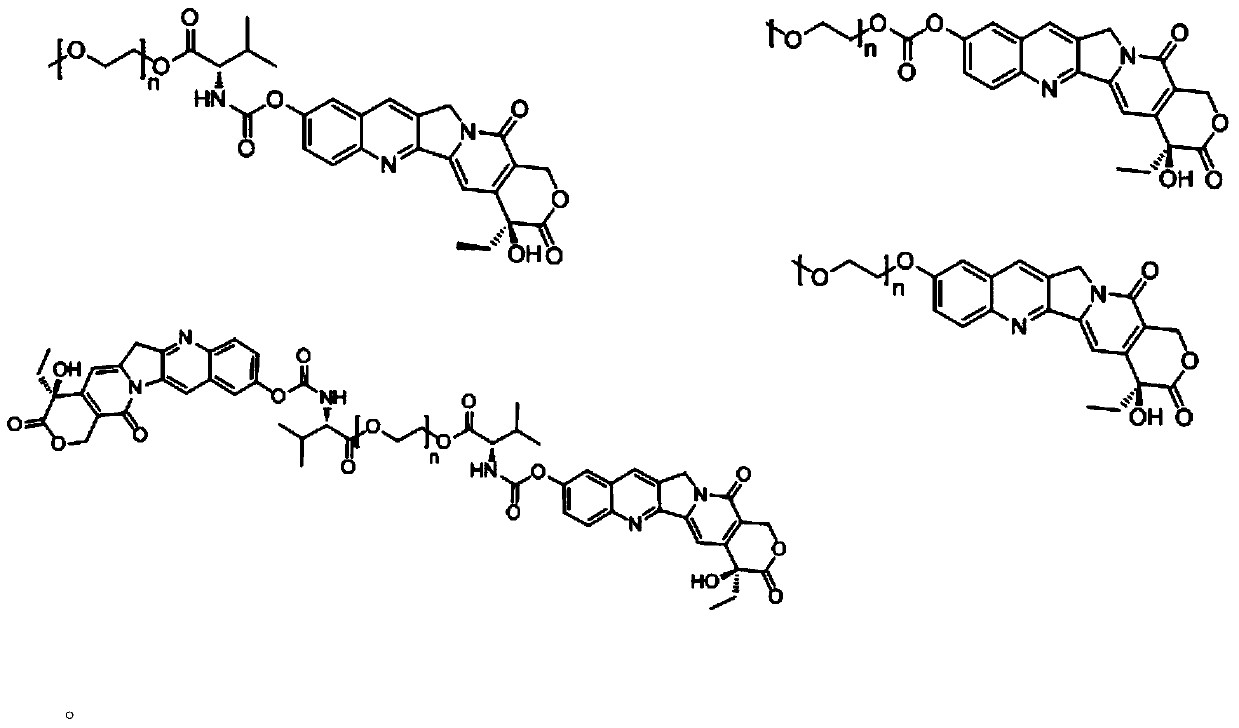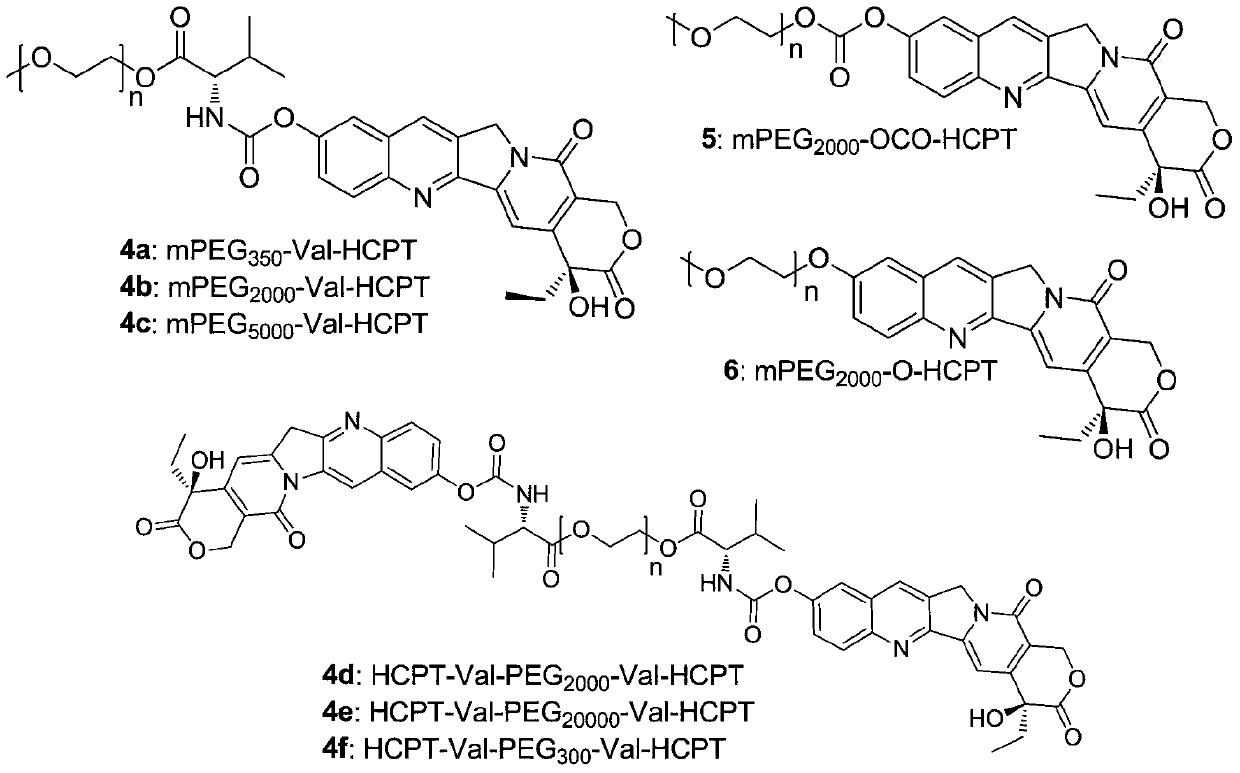Patents
Literature
Hiro is an intelligent assistant for R&D personnel, combined with Patent DNA, to facilitate innovative research.
453 results about "Human colon cancer" patented technology
Efficacy Topic
Property
Owner
Technical Advancement
Application Domain
Technology Topic
Technology Field Word
Patent Country/Region
Patent Type
Patent Status
Application Year
Inventor
Colon cancer also called colorectal cancer is the growth of cancer in the colon that caused by abnormal development of cells that are able to invade to the other parts of human body.
Tumor antigen useful in diagnosis and therapy of prostate and colon cancer
InactiveUS7037667B1Microbiological testing/measurementBiological material analysisCell membraneTumor antigen
Owner:AGENSYS
Genes and polypeptides relating to human colon cancers
ActiveUS7425612B2Tumor rejection antigen precursorsPeptide/protein ingredientsGastric carcinomaFhit gene
The present application provides novel human genes RNF43 whose expression is markedly elevated in colorectal cancers, as well as CXADRL1 and GCUD1 whose expression is markedly elevated in gastric cancers compared to corresponding non-cancerous tissues. The genes and polypeptides encoded by the genes can be used, for example, in the diagnosis of a cell proliferative disease, and as target molecules for developing drugs against the disease.
Owner:ONCOTHERAPY SCI INC
1-phenylalcoxy-2-beta-phenylethyl derivatives as p-glycoprotein (p-gp) inhibitors useful in drug resistance events
The invention relates to a new class of compounds, which are 1-phenylalcoxy-2-β-phenylethyl derivatives, as P-glycoprotein (P-GP) inhibitors. These compounds are useful in drug resistance events. They have been shown able to inhibit in a dose-dependent manner Glycoprotein-P (P-gp) activity in cell lines in which the expression of said glycoprotein is very high, like Caco-2 (human colon cancer) cells and MCF7 / Adr (adriamycin-resistant human breast carcinoma) cells. The invention also relates to methods of production and the utilization of such compounds as medicaments useful in the treatment of states linked to the difficulty for some drugs to cross the blood-brain barrier (BBB) and generally within the context of the problems of drug resistance induced by chemotherapy agents.
Owner:UNIV DEGLI STUDI DI BARI 60 +1
Cancer antigens and utilization thereof
An object of the present invention to provide: a human pancreatic cancer antigen and / or a human colon cancer antigen that can be applied to the diagnosis and / or treatment of various types of cancers or tumors including pancreatic cancer and colon cancer as representative examples; a gene encoding the same; an anti-cancer vaccine using the same; or the like. The present invention provides a cancer antigen comprising a protein having the amino acid sequence shown in SEQ ID NO: 1; a peptide comprising a portion of said protein and having immune-stimulating activity; an anti-cancer vaccine comprising said peptide; a DNA having the nucleotide sequence shown in SEQ ID NO: 2, or its complementary sequence or a part or full length of these sequence; an anti-cancer vaccine comprising said DNA; and use thereof.
Owner:MEDINET CO LTD
5-hydroxymethylcytosine in human cancer
The present invention relates to the field of cancer. More specifically, the present invention provides methods and compositions useful for diagnosing or predicting cancer in a patient. In one embodiment, a method for identifying a patient as having cancer comprises the steps of (a) providing a formalin-fixed, paraffin-embedded or fresh frozen sample of patient tissue; (b) steaming the sample in antigen retrieval buffer; (c) incubating the sample in hydrochloric acid (HCl); (d) incubating the sample with an affinity reagent specific for 5hmC under conditions to form a complex between the affinity reagent and 5-hydroxymethylcytosine (5hmC) present in the sample; (e) detecting the complexes formed between 5hmC and the affinity reagent with secondary detection reagents; (f) quantifying 5hmC levels; and (g) identifying the patient as having cancer if the 5hmC levels in the sample are reduced as compared to a control.
Owner:THE JOHN HOPKINS UNIV SCHOOL OF MEDICINE
3-methoxylflavonoid compound, preparation method and application thereof
A 3-methoxy-flavone compound comprises 5,7-dihydroxy-8-(3,3-dimethyl diallyl)-3,3', 4'-trimethoxy flavone and 5, 7-2 dihydroxy-8- (3,3-dimethyl allyl)-3,4'-dimethoxy flavonoe. harmacological test results prove that: the 3-methoxy-flavone compound is an effective fatty acid synthase inhibitor, which shows the broad-spectrum anti-tumor effect in the cytotoxicity tests of various tumor cell lines and has strong tumor growth inhibiting effect on human prostate cancer cell LnCAP, human breast cancer cell ZR-75-1, human lung cancer cell NCI-H23 or human colon cancer cell HCT-116 when applied to human tumor transplant nude mice model tests. In addition, the 3-methoxy-flavone compound reveals no toxicity in mice acute toxicity tests, which then can be used as anti-tumor drug and is a new broad-spectrum anti-tumor drug with great development prospects.
Owner:殷正丰 +2
Novel anti-tumor application of penicillium enol A1 from penicillium citrinum
InactiveCN103865808AGood antitumor activityOrganic active ingredientsFungiHuman gastric carcinomaPenicillium cainii
The invention relates to novel anti-tumor application of an alkaloid compound penicillium enol A1 from penicillium citrinum. The penicillium citrinum IBPT-5 is collected in the China Center for Type Culture Collection (CCTCC), which is located in Wuhan University and has the collection number of CCTCC NO:M2013713, on December 25, 2013. Experiments prove that the compound has better anti-tumor activity on various tumor cells, and can be used for preparing cell proliferation inhibition medicines or anti-tumor medicines for anti-tumor study, wherein tumor cells comprise human colon cancer cells SW620, human hepatoma cells Huh7, human gastric carcinoma cells BGC-823, human colon cancer cells SW480, human esophageal squamous carcinoma cells KYSE450, human esophageal cancer cells EC9706, human highly metastatic lung carcinoma cells 95-D, human hepatoma cells PLC and human gastric carcinoma cells HGC-27.
Owner:FUZHOU UNIV
Novel anti-tumor application of penicillium enol B1 from penicillium citrinum
InactiveCN103865809AGood antitumor activityOrganic active ingredientsFungiHuman gastric carcinomaPenicillium cainii
The invention relates to novel anti-tumor application of an alkaloid compound penicillium enol B1 from penicillium citrinum. The penicillium citrinum IBPT-5 is collected in the China Center for Type Culture Collection (CCTCC), which is located in Wuhan University and has the collection number of CCTCC NO:M2013713, on December 25, 2013. The compound has good anti-tumor activity to various tumor cells, and can be used for preparing cell proliferation inhibition medicines or anti-tumor medicines for anti-tumor study, wherein tumor cells comprise human colon cancer cells SW620, human hepatoma cells Huh7, human gastric carcinoma cells SGC-7901, human gastric carcinoma cells BGC-823, human colon cancer cells SW480, human esophageal cancer cells EC9706, human highly metastatic lung carcinoma cells 95-D, human hepatoma cells PLC, human gastric carcinoma cells HGC-27 and human lymphoma cells RAJI.
Owner:FUZHOU UNIV
Preparation method of barley extract fermented by lactobacillus and anti-tumor effect of barley extract fermented by lactobacillus
ActiveCN103445068AFull of nutritionFunction increaseAntineoplastic agentsFood preparationCancer cellHordeum vulgare
The invention discloses a preparation method of a barley extract fermented by lactobacillus and an anti-tumor effect of the barley extract fermented by lactobacillus, belonging to the field of food biotechnology. Lactobacillus plantarum (lactobacillus plantarum Dy-1, CGMCC No.6016) is screened from pickled vegetables to serve as a fermentation strain for fermenting the barley, and fermentation conditions are controlled, so that the extract of fermented barley is obtained. Cell tests indicate that the extract has obvious effects on promoting apoptosis and suppressing multiplication of human colon cancer HT-29 cells and gastric cancer SGC-7901 cells, and a model test of the nude mouse bearing the tumor with the human colon cancer HT-29 indicates that the extract has obvious effects on suppressing tumor growth and improving the immune activity of the nude mouse bearing the tumor. According to the preparation method of the barley extract fermented by lactobacillus, the barley is pretreated simply and the production cost is low; and direct vat set fermentation is employed, so that the preparation method of the barley extract fermented by lactobacillus is convenient and rapid, safe and stable, and convenient to control the quality.
Owner:JIANGSU UNIV
Benzopyran-4-one substituted naphthalimide-polyamine conjugate and preparing method and usage thereof
The invention relates to a benzopyran-4-one substituted naphthalimide-polyamine conjugate and a preparing method and usage thereof. The naphthalimide-polyamine conjugate has a structure as shown in a formula I. The benzopyran-4-one substituted naphthalimide-polyamine conjugate has obvious inhibition activity for cell proliferation of multiple tumor cells such as HCT-116 (human colon cancer cell), HepG2 (human hepatoma carcinoma cell), K562 (human chronic myeloid leukemia cells) and SMMC7721 (human hepatoma carcinoma cell); the conjugate can also serve as a targeting mitochondria fluorescence probe and can effectively inhibit pulmonary metastasis of the tumor, wherein a is 0, 1 or 2, m is 1, 2 or 3, n is 1, 2, 3, or 4, R is H or CH3, and R1 is shown in the description.
Owner:HENAN UNIVERSITY
Lactobacillus plantarum with abilities of reducing cholesterol and promoting intestinal short chain fatty acid generation ability and application of lactobacillus plantarum
ActiveCN108728382AImprove adhesionPromote growthBacteriaMicroorganism based processesMicroorganismMicrobiology
The invention relates to the technical field of microorganisms, and particularly discloses lactobacillus plantarum N-1 with abilities of reducing cholesterol and promoting intestinal short chain fattyacid generation ability and application of the lactobacillus plantarum. The lactobacillus plantarum N-1 was deposited in the China General Microbiological Culture Collection Center UNDER the accession number of CGMCC NO. 15463 with a deposit date of 20 Mar. 2018. The strain is separated from a traditional yak milk cheese product of Kalong Village, Mula Township, Daocheng County, Garze Tibetan Autonomous Prefecture, Sichuan Province, grows well on an MRS agar medium, has certain tolerance capacity on acid and bile salt, has high adhesion ability to human colon cancer cells Caco-2, has high cholesterol reducing ability, can remarkably improve generation of intestinal short chain fatty acids, is applied to the field of functional food, not only has actual production value, but also has quiteimportant significance on health of human bodies.
Owner:SICHUAN UNIV +1
Genes and polypeptides relating to human colon cancers
InactiveUS20090012032A1Organic active ingredientsTumor rejection antigen precursorsGastric carcinomaGene
The present application provides novel human genes RNF43 whose expression is markedly elevated in colorectal cancers, as well as CXADRL1 and GCUD1 whose expression is markedly elevated in gastric cancers compared to corresponding non-cancerous tissues. The genes and polypeptides encoded by the genes can be used, for example, in the diagnosis of a cell proliferative disease, and as target molecules for developing drugs against the disease.
Owner:ONCOTHERAPY SCI INC
Indazole/azaindazole-based diarylcarbamide/thiocarbamide-structure antineoplastic drug
InactiveCN102153551AOvercoming drug resistanceOrganic active ingredientsSulfonic acids salts preparationNitrosoKetone
The invention belongs to the field of drugs, and relates to an antineoplastic drug, particularly an indazole / azaindazole-based diarylcarbamide / thiocarbamide-structure antineoplastic drug. The structural general formulae of the indazole / azaindazole-based diarylcarbamide / thiocarbamide-structure antineoplastic drug are disclosed as Formula (Ia) and (Ib), wherein Z is an N or C atom; W is an atom or group, such as O, S, NH, NOH, NCH or the like; M is O, S, N, CH or the like; n is 1 or 2; and Y and R are respectively halogen atom, H, R1, CF3, OCF3, OH, OR2, OCOR3, NH2, NHR4, NR52, NHCOR6, carboxy group, ester group, cyano-group, sulfhydryl group, alkylthio group, sulfuryl group, sulfoxide group, sulfo-group, sulfonate group, sulfamide group, ketone group, aldehyde group, nitro-group or nitroso-group. The pharmacological experiment proves that the drug has favorable antineoplastic effect on human lung cancer, human kidney cancer, human colon cancer, human liver cancer, human stomach cancer and human breast cancer.
Owner:JINAN HAILE MEDICAL TECH DEV
Isolated nucleic acid molecules associated with colon cancer and methods for diagnosing and treating colon cancer
Various molecules associated with disorders such as colon cancer are disclosed. The invention also discloses diagnostic and therapeutic methods based upon these molecules.
Owner:LUDWIG INST FOR CANCER RES +2
Mutant ROS Expression In Human Cancer
ActiveUS20110287445A1Drive proliferationDrive survivalOrganic active ingredientsPeptide/protein ingredientsNucleotideADAMTS Proteins
The invention provides the identification of the presence of mutant ROS protein in human cancer. In some embodiments, the mutant ROS are FIG-ROS fusion proteins comprising part of the FIG protein fused to the kinase domain of the ROS kinase. In some embodiments, the mutant ROS is the overexpression of wild-type ROS in cancerous tissues (or tissues suspected of being cancerous) where, in normal tissue of that same tissue type, ROS is not expressed or is expressed at lower levels. The mutant ROS proteins of the invention are anticipated to drive the proliferation and survival of a subgroup of human cancers, particularly in cancers of the liver (including bile duct), pancreas, kidney, and testes. The invention therefore provides, in part, isolated polynucleotides and vectors encoding the disclosed mutant ROS polypeptides (e.g., a FIG-ROS(S) fusion polypeptide), probes for detecting it, isolated mutant polypeptides, recombinant polypeptides, and reagents for detecting the fusion and truncated polypeptides. The identification of the mutant ROS polypeptides enables new methods for determining the presence of these mutant ROS polypeptides in a biological sample, methods for screening for compounds that inhibit the proteins, and methods for inhibiting the progression of a cancer characterized by the mutant polynucleotides or polypeptides, which are also provided by the invention.
Owner:CELL SIGNALING TECHNOLOGY
Novel genes, compositions, kits, and methods for identification, assessment, prevention, and therapy of colon cancer
InactiveUS20090029365A1Reduced expression levelSugar derivativesMicrobiological testing/measurementOncologyNovel gene
The invention relates to newly discovered nucleic acid molecules and proteins associated with colon cancer. Compositions, kits, and methods for detecting, characterizing, preventing, and treating human colon cancers are provided.
Owner:BERGER ALLISON +6
1,3-substituted-5-acetaminoindolone compounds and application thereof to anti-tumor drugs
ActiveCN103554008AHas anti-tumor biological activitySimple operation processOrganic active ingredientsOrganic chemistryHuman leukemiaKetone
The invention relates to 1,3-substituted-5-acetaminoindolone compounds and an application thereof to anti-tumor drugs. The compounds are 1-methyl-5-acetamino-2-indolinone, 1-(4-bromobenzyl)-5-acetamino-2-indolinone, 1-(4-methylbenzyl)-3-oxime-5-acetaminoindolone, 1-(4-methoxybenzyl)-3-oxime-5-acetaminoindolone and the like. The in-vitro tumor cell inhibitory activities of the 1,3-substituted-5-acetaminoindolone compounds synthesized in the invention are tested and the results show that such kind of compounds have certain inhibiting effects (IC50(100mu M)) on human leukemia cells (K562), human colon cancer cells (HT-29) and human liver cancer cells (HepG2), have anti-tumor activities and can be used for preparing anti-tumor drugs.
Owner:无锡珉琰管理咨询服务有限公司
Cancer antigen and use thereof
An object of the present invention to provide: a human pancreatic cancer antigen and / or a human colon cancer antigen that can be applied to the diagnosis and / or treatment of various types of cancers or tumors including pancreatic cancer and colon cancer as representative examples; a gene encoding the same; an anti-cancer vaccine using the same; or the like. The present invention provides a cancer antigen comprising a protein having the amino acid sequence shown in SEQ ID NO: 1; a peptide comprising a portion of said protein and having immune-stimulating activity; an anti-cancer vaccine comprising said peptide; a DNA having the nucleotide sequence shown in SEQ ID NO: 2, or its complementary sequence or a part or full length of these sequence; an anti-cancer vaccine comprising said DNA; and use thereof.
Owner:MEDINET CO LTD
Medicinal oral preparations for colon delivery, medicinal oral preparations for treating colon cancer and medicinal oral preparations for treating colitis
InactiveUS20060188563A1Easy to doOrganic active ingredientsDigestive systemInitiation pointLarge intestine
A medicinal oral preparation to be delivered to the large intestine comprising a core containing a pharmacologically active ingredient, an inner layer containing one or more cationic polymers and an outer layer containing one or more anionic polymers whereby the core is coated, which is designed so that, in a disintegration test successively consisting of a vertical movement for 2 hours in a first solution of pH 1.2, a vertical movement for 2 hours in a second solution of pH 7.4 and a vertical movement in a third solution of pH 6.4, the average disintegration initiation point and the average disintegration completion point each falls within a period from 35 minutes to 130 minutes after starting the vertical movement in the third solution. Namely, a medicinal oral preparation to be delivered to the large intestine, a medicinal oral preparation for treating colon cancer and a medicinal oral preparation for treating colitis which would not disintegrate in the stomach or small intestine but begin to disintegrate after attaining the large intestine and surely complete the disintegration while remaining in the large intestine.
Owner:HISAMITSU PHARM CO INC
Method for screening colon cancer cells and gene set used for examination of colon cancer
InactiveUS20090011413A1Improve accuracyHigh-precision detectionSugar derivativesMicrobiological testing/measurementGene listColon cancer cell
Colon cancer cells in a sample are screened by analyzing the amount of expression of at least 2 or more genes or products thereof selected from the group of genes listed in Tables 1 and 30. As compared to conventional method, patients having colon cancer can be detected with higher accuracy. Colon cancer cells in stool are also screened by analyzing expression of genes selected from the group of genes listed in Table 37.
Owner:CANON KK +1
Anthraquinone compound, preparation method thereof, and application to preparation of drug for treating cancer
InactiveCN108358946ANovel structureGood antitumor activityOrganic chemistryMicroorganism based processesProstate cancer cellHuman prostate
The invention discloses an anthraquinone compound having the formula shown in the following formula (I) or formula (II). The anthraquinone compound with a novel structure is a natural product obtainedby fermenting and purifying rice by actinomycetes, has obvious anti-tumor activity, especially has significant proliferation inhibition for human prostate cancer cell line PC3 cells and human colon cancer cell line SW620 cells, and can be used for developing anti-tumor drugs. (The formulas are shown in the description.).
Owner:ZHEJIANG UNIV
Salicylamide antitumor compound and its synthesis method and application
InactiveCN102276500ASimple structureThe synthesis method is simpleOrganic active ingredientsOrganic chemistryTrifluoromethylCarbonyl group
The invention discloses a class of compounds with antitumor activity. The structural formula is as follows: In the formula, R is one or two substituents of ethynyl, chlorine, fluorine, trifluoromethyl and 3-fluorobenzyloxy; X is O or NH; Y is CH2 or CO (carbonyl); Z is H or methoxy; n=5 or 6. The salicylic amide compounds in the structural formula are synthesized from 5-nitrosalicylic acid or 4-methoxysalicylic acid and aniline derivatives through amidation, reduction, and reaction with monoethyl pimelic acid chloride. . The compound has a novel structure and the synthesis method is easy to realize. The anti-tumor activity test showed that it has inhibitory effect on the growth of human liver cancer cells (HepG-2), human colon cancer (SW 480) and human prostate cancer cells (PC3), and the activity of most compounds is stronger than that of gefitinib. The use of preparing anti-tumor drug preparations.
Owner:XI AN JIAOTONG UNIV
Indirubin-3'-oxime derivatives as potent cyclin dependent kinase inhibitors
The present invention relates to an indirubin-3′-oxime derivative as potent cyclin dependent kinase inhibitor with anti-cancer activity. More particularly, this invention relates to an indirubin-3′-oxime derivative as potent cyclin dependent kinase inhibitor having excellent anti-cancer activity against human lung cancer cell, human fibro sarcoma cell, human colon cancer cell, human leukemia cell, human stomach cancer cell, human nasopharyngeal cancer cell and / or human breast cancer cell.
Owner:ANYGEN
3-(3,4,5-trimethoxybenzoyl)-benzofuran microtubulin inhibitor as well as preparation method and use thereof
ActiveCN107163011AStrong inhibitory activityInhibition of polymerizationOrganic chemistryAntineoplastic agentsMedicineColchicine
The invention discloses a 3-(3,4,5-trimethoxybenzoyl)-benzofuran microtubulin inhibitor as well as a preparation method and use thereof. A 3-(3,4,5-trimethoxybenzoyl)-benzofuran compound in the invention has an action mechanism similar to colchicine and is capable of inhibiting polymerization of microtubulins. The 3-(3,4,5-trimethoxybenzoyl)-benzofuran compound has very strong proliferation inhibition activity to human lung cancer cells A549, human gastric cancer cells MGC-803, human liver cancer cells HepG2, human colon cancer cells HCT-116, human cervical cancer cells HeLa and human breast cancer cells MCF-7.
Owner:SHANGHAI ECUST BIOMEDICINE CO LTD
Preparation method of 1,4-benzodioxan-containing 1,3,4-oxadiazole derivatives and use of the 1,4-benzdioxan-containing 1,3,4-oxadiazole derivatives in anti-cancer drugs
InactiveCN102690261AEnhanced inhibitory effectOrganic active ingredientsOrganic chemistryBenzeneInhibitory effect
The invention discloses 1,4-benzodioxan-containing 1,3,4-oxadiazole derivatives. The 1,4-benzodioxan-containing 1,3,4-oxadiazole derivatives have the general formula shown in the patent specification, wherein R represents a group shown in the patent specification. The 1,4-benzodioxan-containing 1,3,4-oxadiazole derivatives have obvious effects for inhibiting growth of a human hepatoma cell HEP-G2, a human colon cancer cell SW116 and a human cervical cancer cell HELA and thus the 1,4-benzodioxan-containing 1,3,4-oxadiazole derivatives can be used in preparation of anti-cancer drugs. The invention also discloses a preparation method of the 1,4-benzodioxan-containing 1,3,4-oxadiazole derivatives.
Owner:NANJING UNIV
Cyclo-pentapeptide with antineoplastic activity
InactiveCN101270154AGood antitumor activitySimple preparation processPeptidesCyclic peptide ingredientsPharmaceutical ResourcesWilms' tumor
The present invention discloses a cyclic pentapeptide with anti-tumour activity, which is cyclic (leucyl-N-methylleucyl-leucyl-leucyl-N-methylleucyl) and the constitutional formula of which is shown in the formula (I). The cyclic pentapeptide of the present invention is separated from galaxaura filamentosa in the South China Sea, and in vitro experiments show that the cyclic pentapeptide has strong inhibiting effect on human hepatoma cell lines (HepG2), human hepatoma cell lines (BEL-7402), human mammary cancer cell lines (MCF-7), human colon cancer cell lines (LOVO), human lung cancer cell lines (PC84045) and human nasopharyngeal cancer (CNE) and can keep the mitotic cycle of BEL-7402 hepatoma cells in G2 / M phase. The present invention provides a pilot compound for the research and the development of new anti-tumour drugs and is valuable for the exploitation of the marine pharmaceutical resources of China.
Owner:JINAN UNIVERSITY
Application of METRNL protein as colon cancer diagnostic marker and kit
The invention provides application of METRNL protein as a protein molecule marker for detecting colon cancer and application of the METRNL protein in preparing a colon cancer diagnostic reagent or a kit. Immunohistochemistry is carried out on 30 pairs of human colon cancer tissues and para-carcinoma tissues through immunohistochemistry tests, and the result proves that the METRNL protein has differential expression in cancer tissues and para-carcinoma tissues of the human colon cancer. Therefore, whether a patient has the colon cancer can be detected according to the expression quantity of the METRNL protein in colon tissues.
Owner:SECOND MILITARY MEDICAL UNIV OF THE PEOPLES LIBERATION ARMY
5-hydroxymethylcytosine in human cancer
ActiveUS20140038183A1Diagnosing cancerLower Level RequirementsMicrobiological testing/measurementDisease diagnosisHuman cancerBiology
The present invention relates to the field of cancer. More specifically, the present invention provides methods and compositions useful for diagnosing or predicting cancer in a patient. In one embodiment, a method for identifying a patient as having cancer comprises the steps of (a) providing a formalin-fixed, paraffin-embedded or fresh frozen sample of patient tissue; (b) steaming the sample in antigen retrieval buffer; (c) incubating the sample in hydrochloric acid (HCl); (d) incubating the sample with an affinity reagent specific for 5hmC under conditions to form a complex between the affinity reagent and 5-hydroxymethylcytosine (5hmC) present in the sample; (e) detecting the complexes formed between 5hmC and the affinity reagent with secondary detection reagents; (f) quantifying 5hmC levels; and (g) identifying the patient as having cancer if the 5hmC levels in the sample are reduced as compared to a control.
Owner:THE JOHN HOPKINS UNIV SCHOOL OF MEDICINE
2-aminoimidazopyridine derivative as well as preparation and application
ActiveCN107383004AEnhanced inhibitory effectGood antitumor activityOrganic chemistryAntineoplastic agentsCarcinoma cell lineWild type
The invention provides a 2-aminoimidazopyridine derivative shown as a formula I, a formula II, a formula III or a formula IV and further provides a preparation method and application of the 2-aminoimidazopyridine derivative. An experiment shows that the 2-aminoimidazopyridine derivative has a remarkable proliferation inhibition effect on tumor cells (including an over-expressed wild type EGFR (Epidermal Growth Factor Receptor) human epidermal carcinoma cell line A431 and a Gefitinib drug-resisting human lung adenocarcinoma cell line H1975) related to the activity of EGFR tyrosine kinase in the aspect of a cell level, especially has a relatively good inhibition effect on the drug-resisting cell line H1975, has relatively weak inhibition activity on a low-expression EGFR human colon cancer cell line SW620 and can be applied to preparation of corresponding anti-tumor cell medicines. A general formula is shown in the description.
Owner:ZHEJIANG UNIV
Novel water-soluble polyethylene glycol link-coupled hydroxycamptothecine derivatives and application thereof
InactiveCN104788669AHas inhibitory activityStrong inhibitory activityOrganic active ingredientsPharmaceutical non-active ingredientsHuman leukemiaPhosphate
The invention relates to novel water-soluble polyethylene glycol link-coupled hydroxycamptothecine derivatives and the application thereof. The general molecular formula is MPEG-X-H or H-X-PEG-X-H, wherein X refers to the linking group, such as valine, and H refers to the medicine molecule, such as hydroxycamptothecine and the like. The invention further relates to the synthesis of the prodrug and the release of the active compound under the condition of a 37-degree phosphate buffer solution. The synthetic compounds are adopted to conduct the test of tumor cells in vitro inhibitory activity against human leukemia cells (K562), human colon cancer cells (HT-29) and human hepatoma carcinoma cells (HepG2); the results show that the compounds have remarkable antitumor activity, and the data show that the release rate and in vitro activity of hydroxycamptothecine are closely related to the length of PEG connected and the connection manner. The compounds have wide prospects in development and application of antitumor drugs.
Owner:TIANJIN UNIVERSITY OF SCIENCE AND TECHNOLOGY
Features
- R&D
- Intellectual Property
- Life Sciences
- Materials
- Tech Scout
Why Patsnap Eureka
- Unparalleled Data Quality
- Higher Quality Content
- 60% Fewer Hallucinations
Social media
Patsnap Eureka Blog
Learn More Browse by: Latest US Patents, China's latest patents, Technical Efficacy Thesaurus, Application Domain, Technology Topic, Popular Technical Reports.
© 2025 PatSnap. All rights reserved.Legal|Privacy policy|Modern Slavery Act Transparency Statement|Sitemap|About US| Contact US: help@patsnap.com
